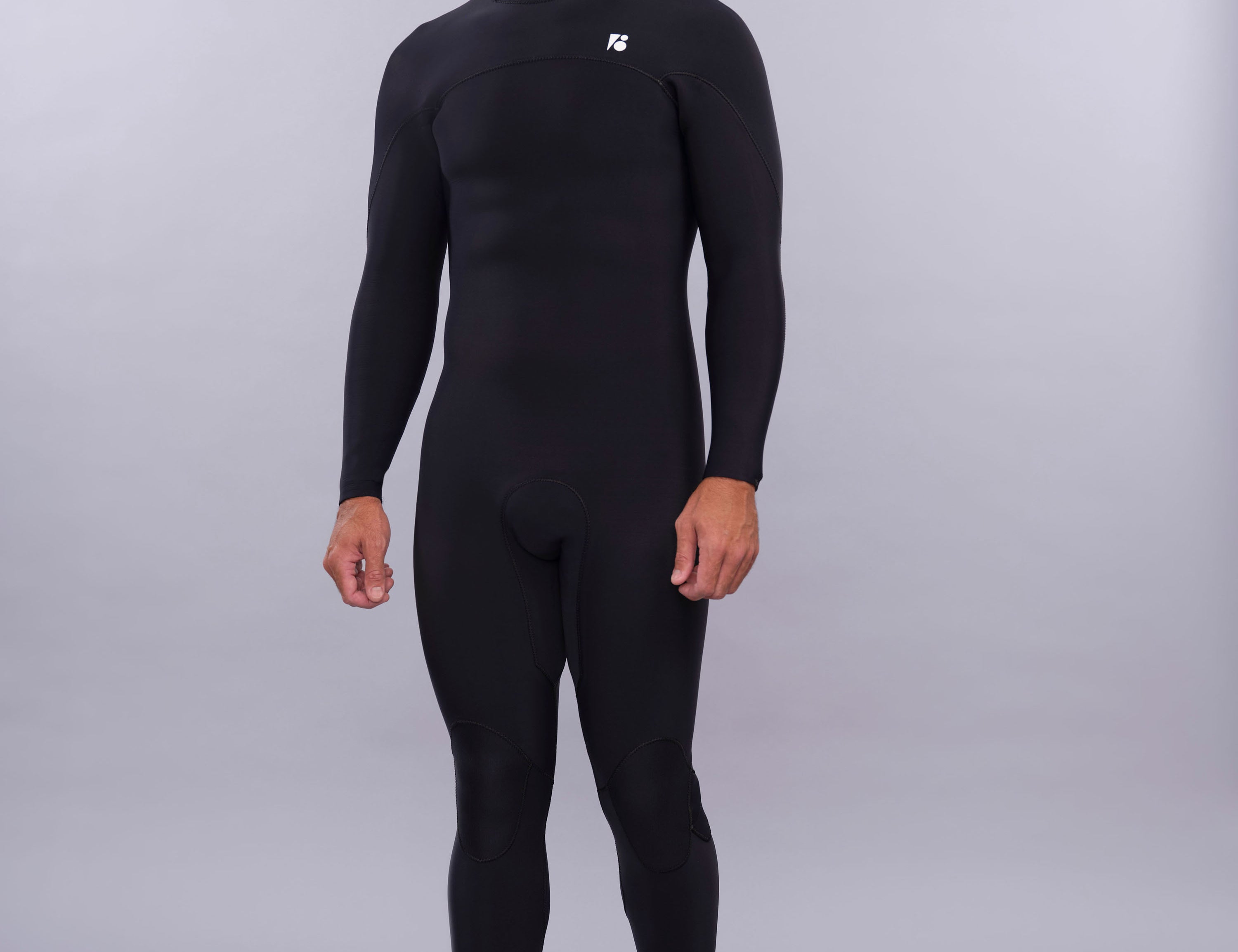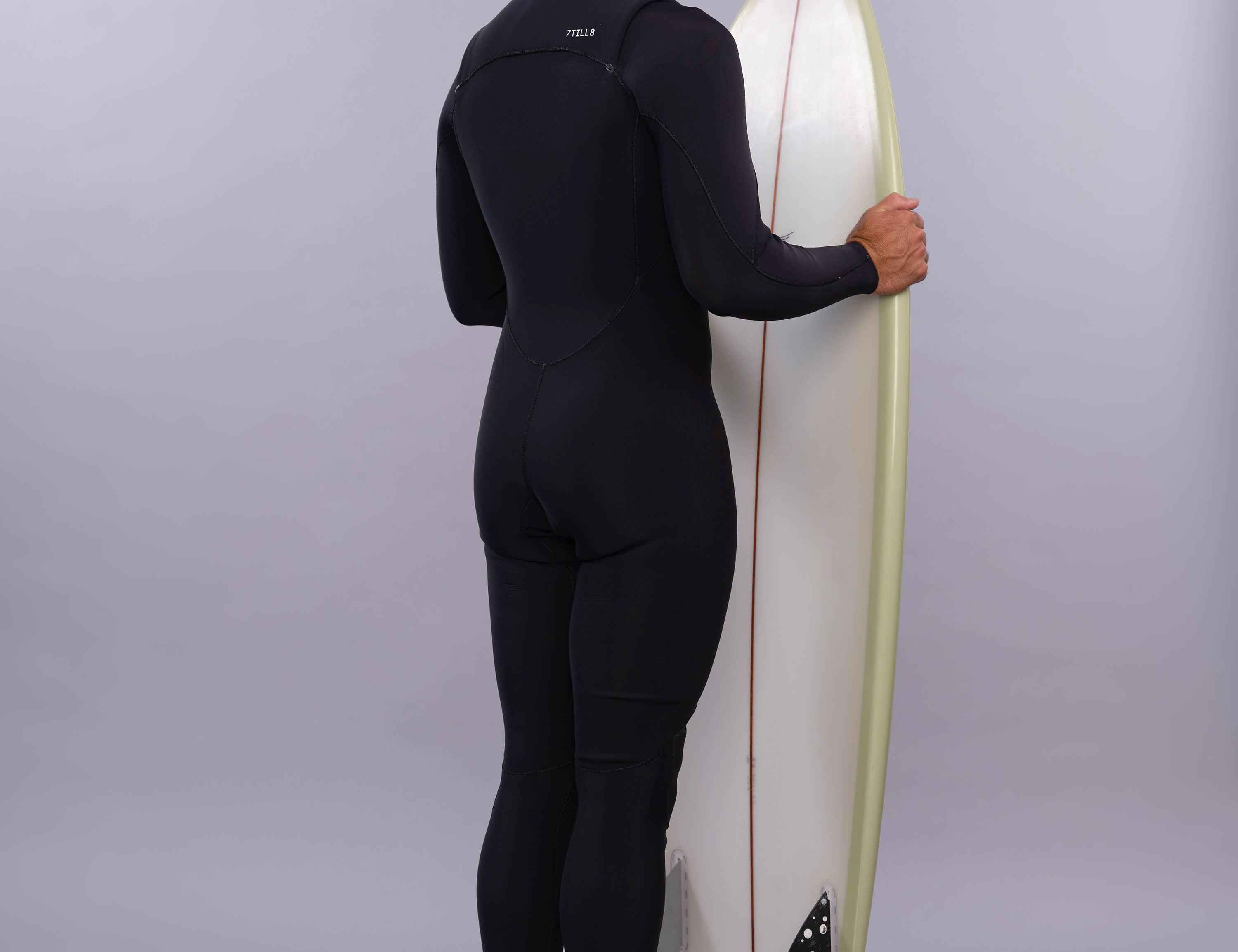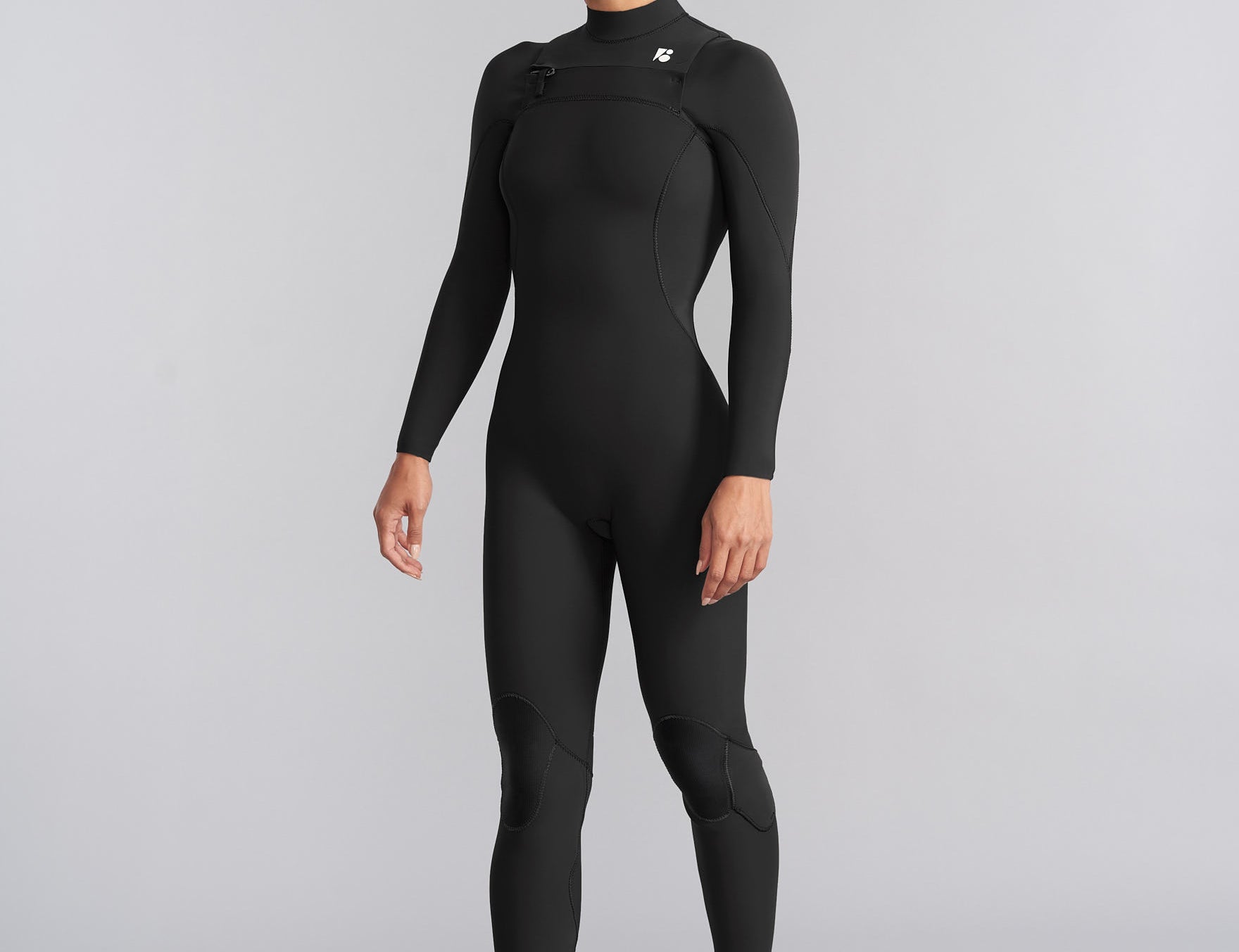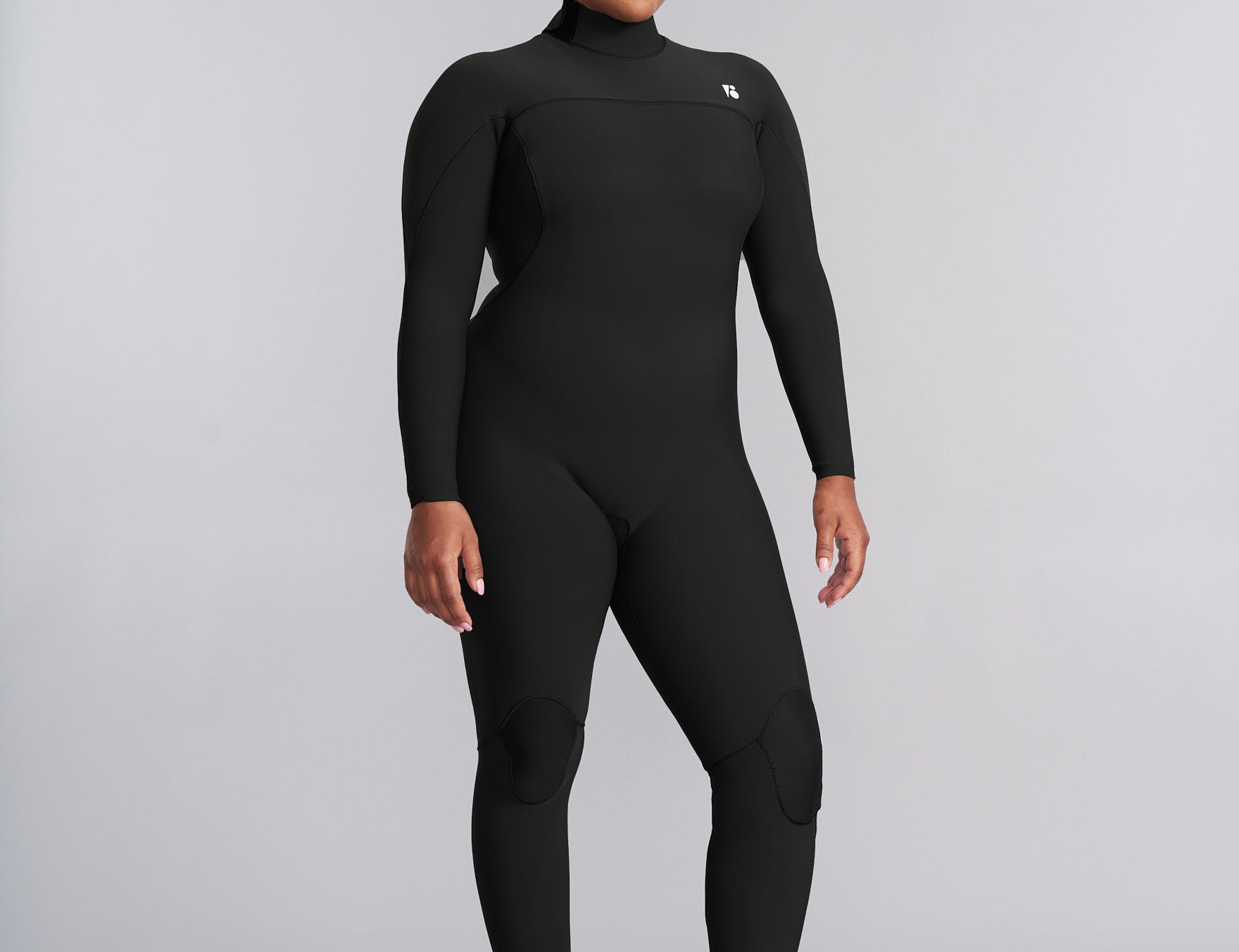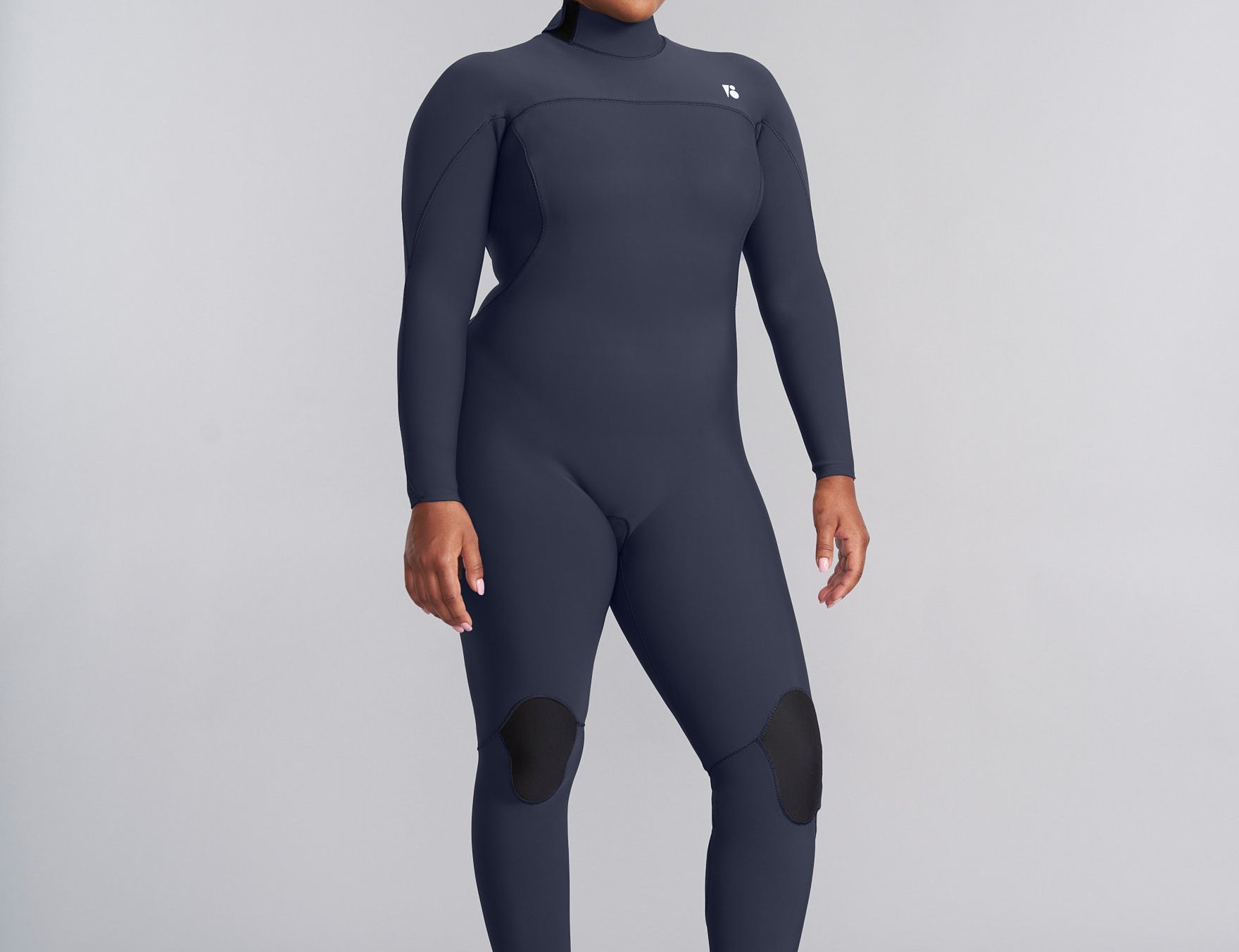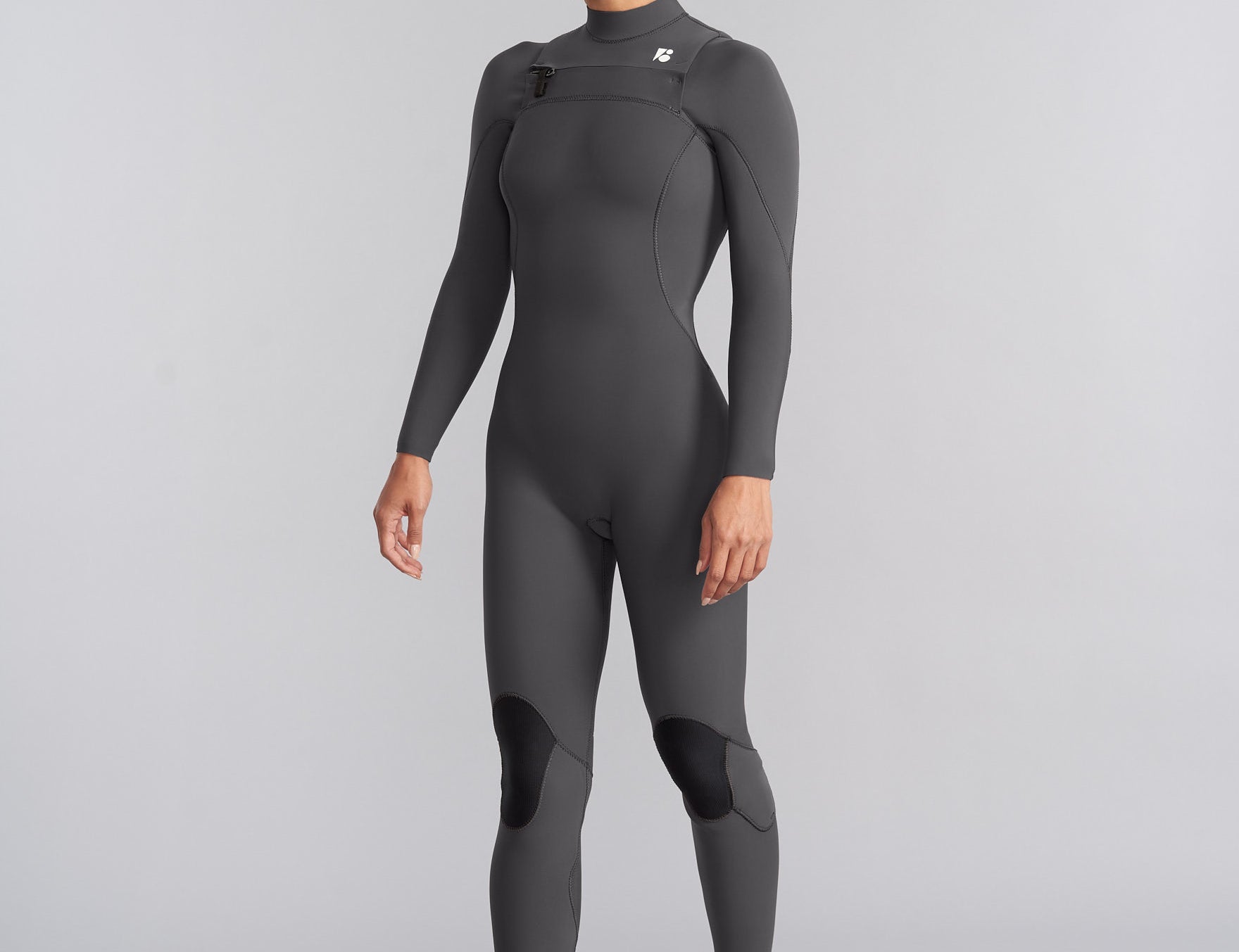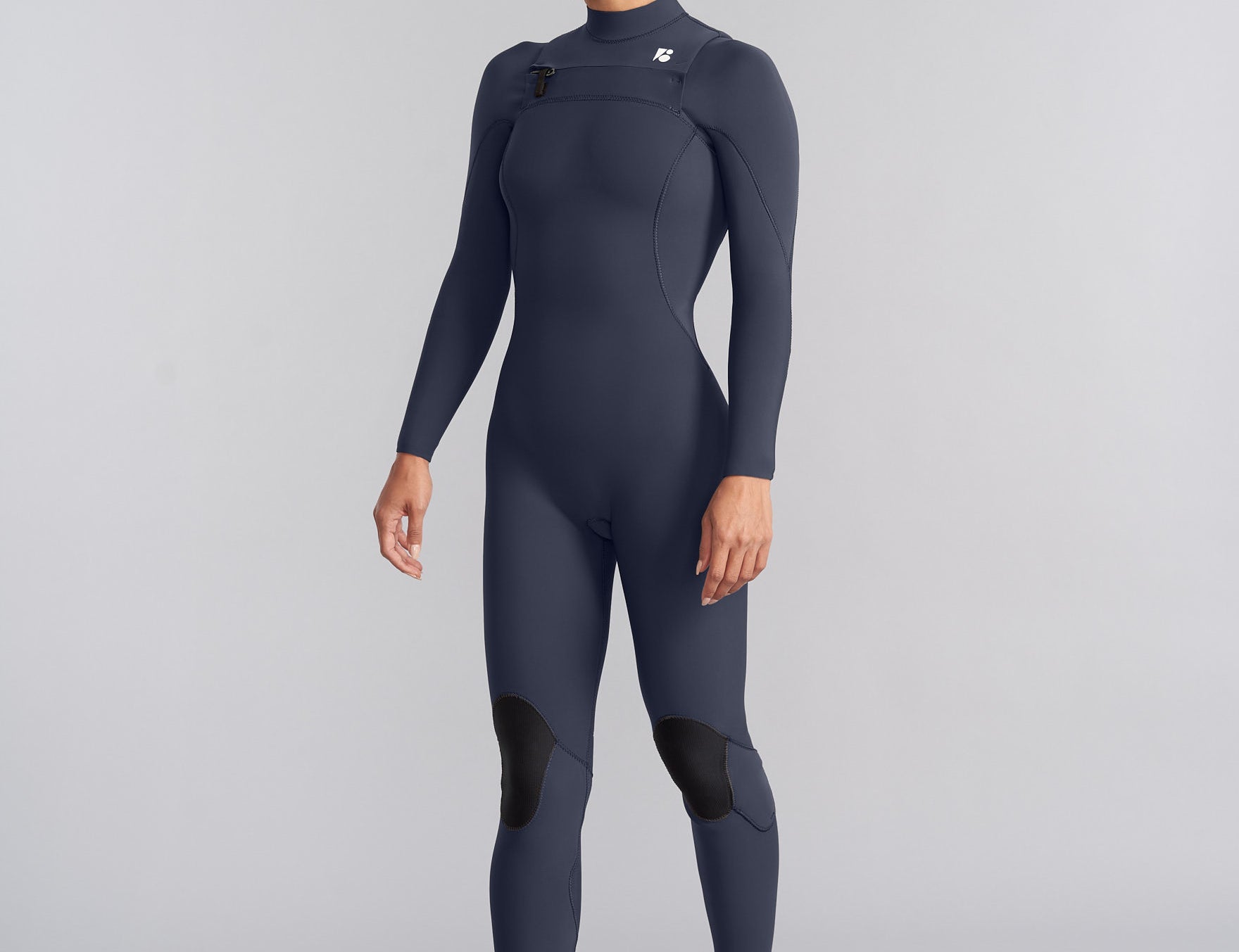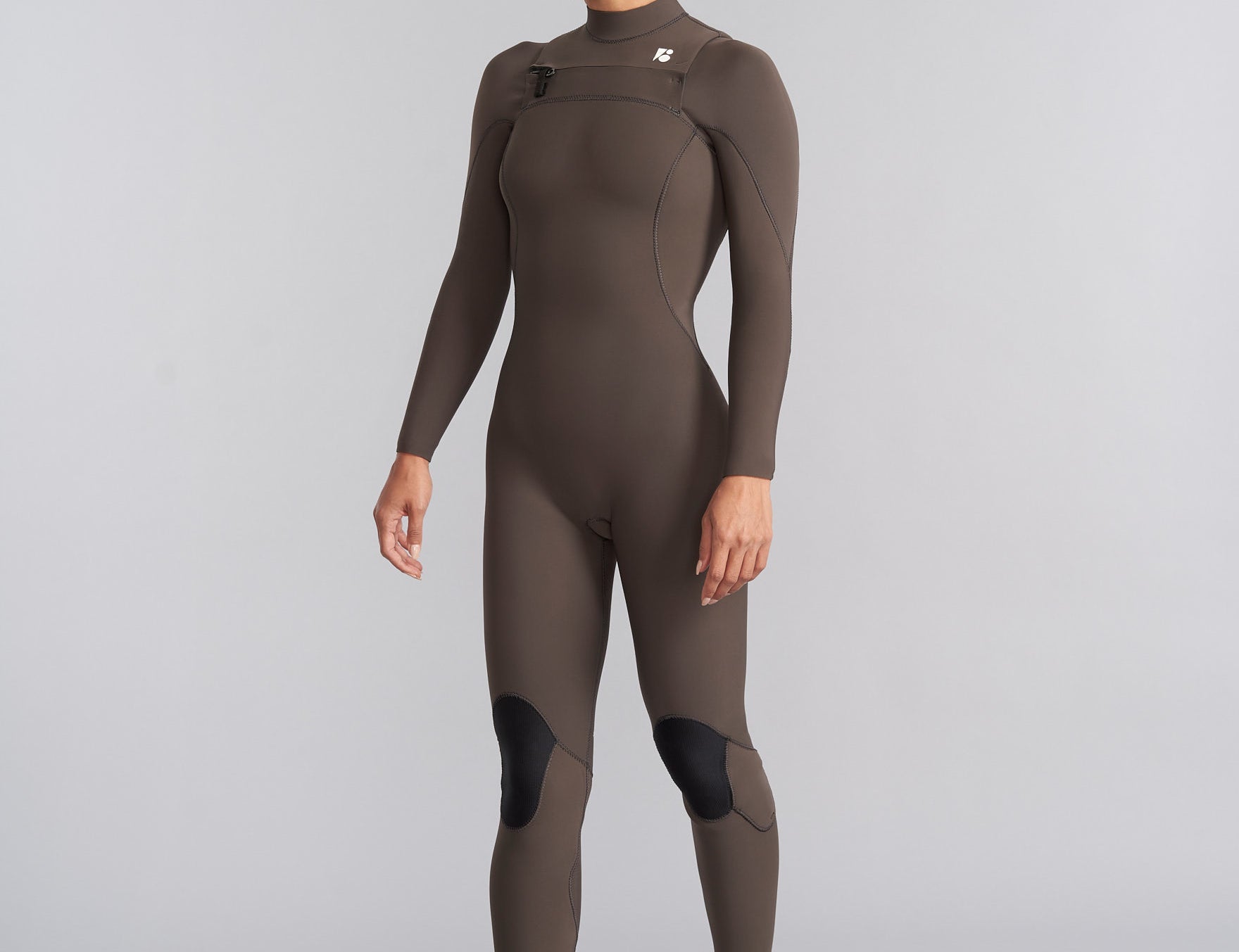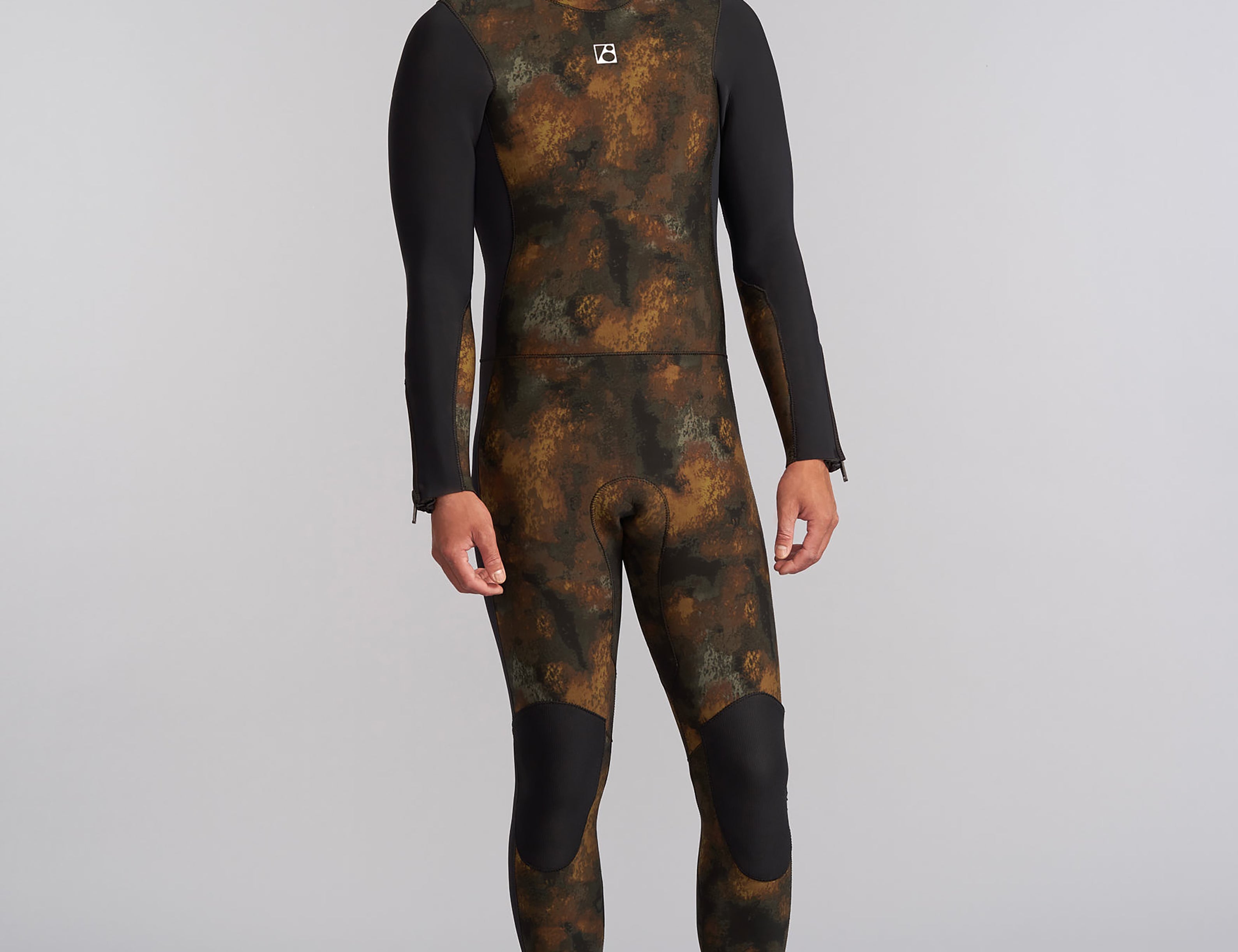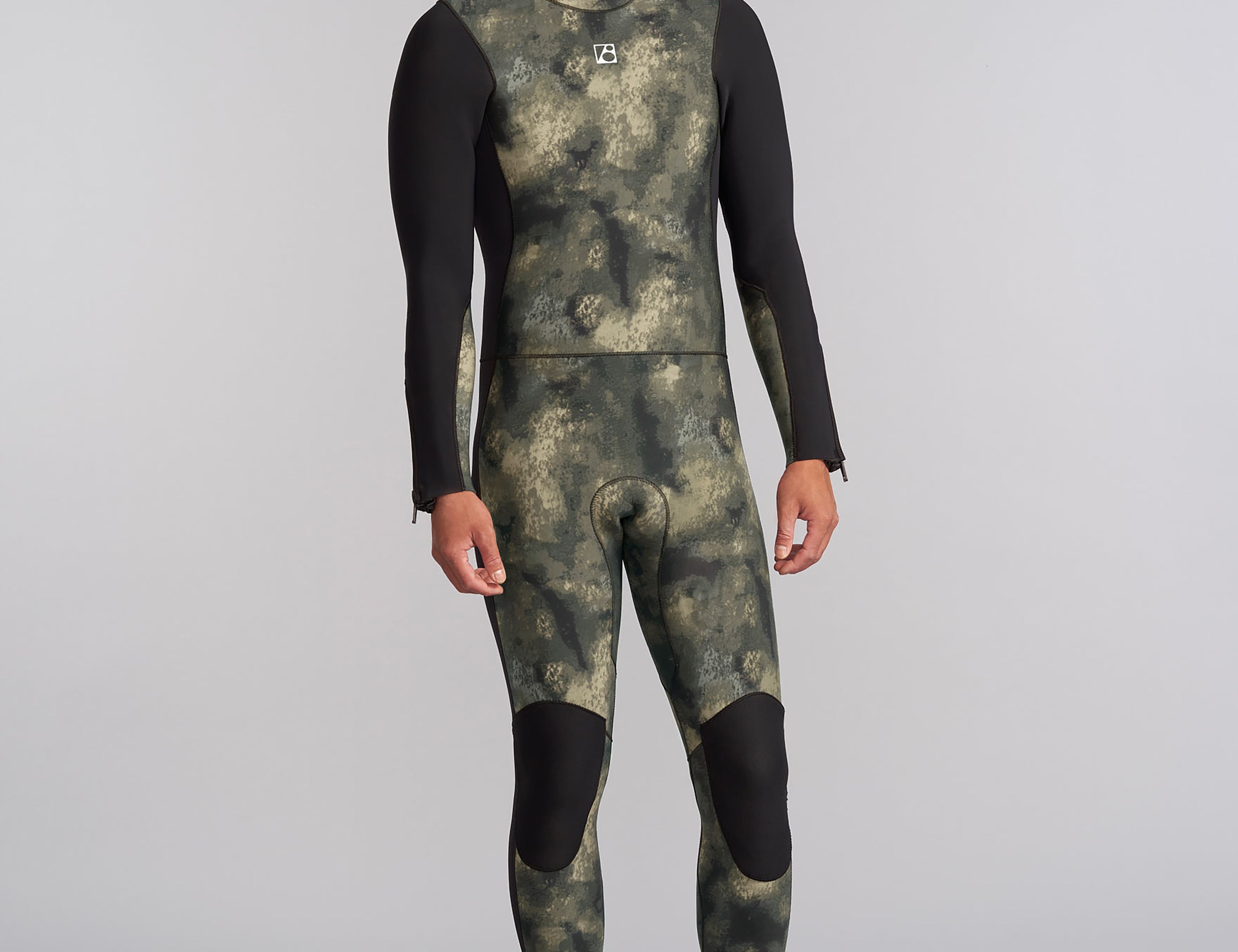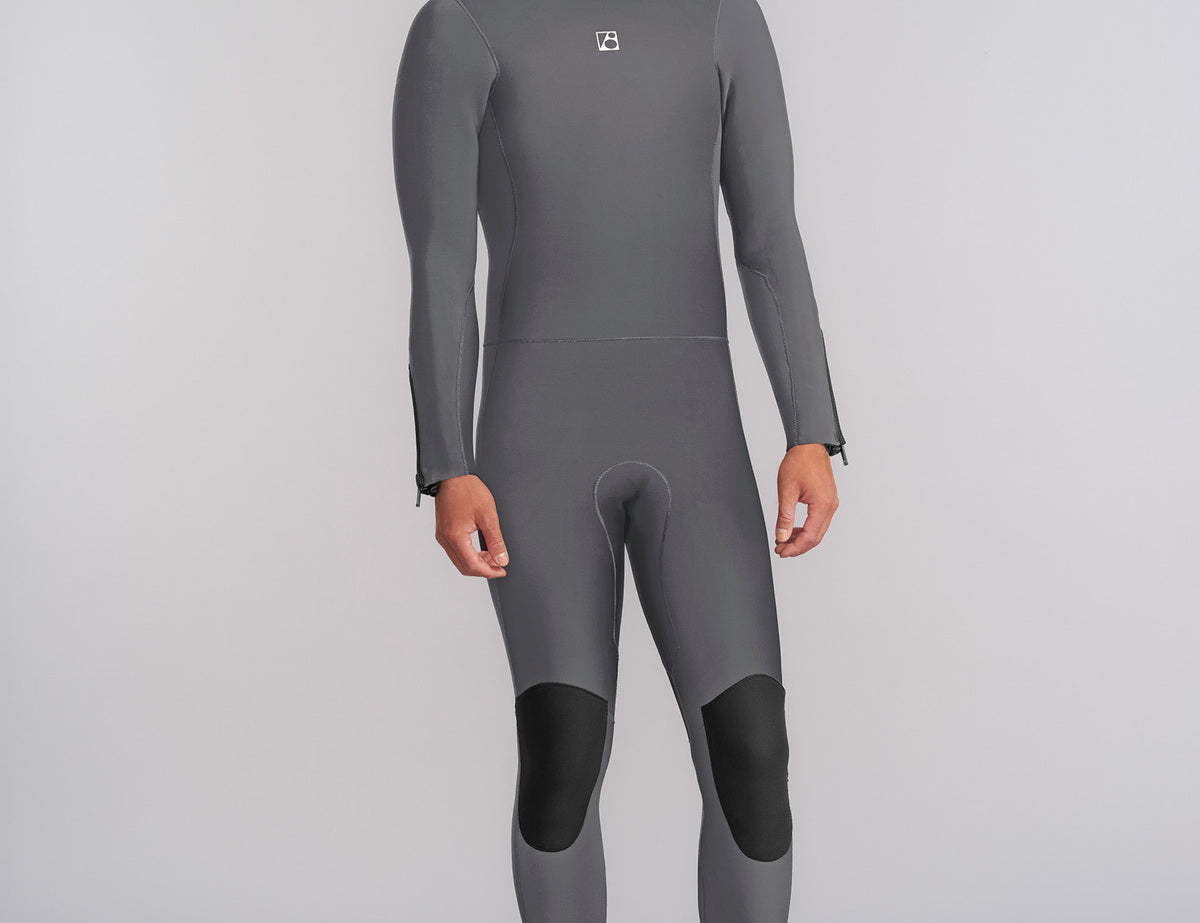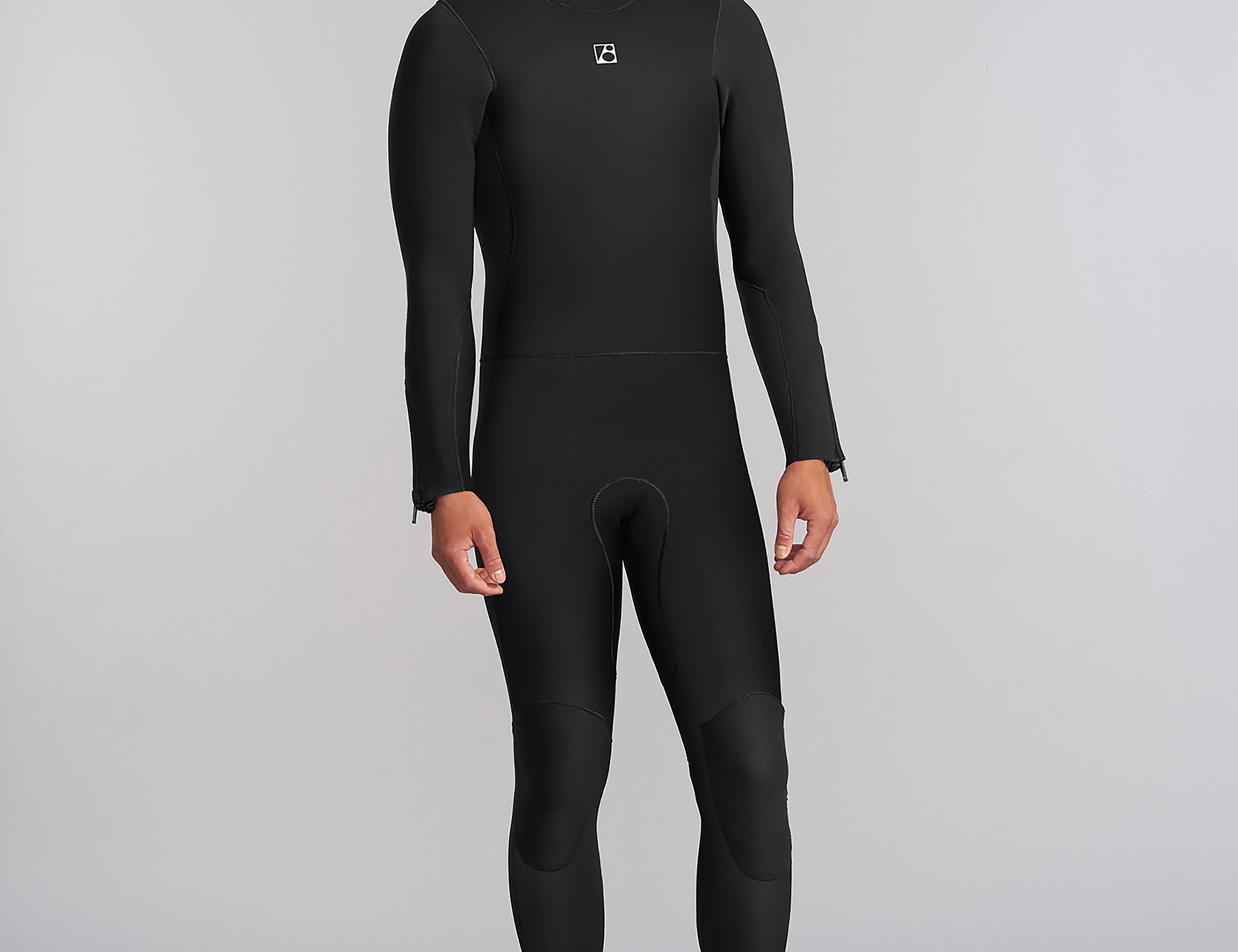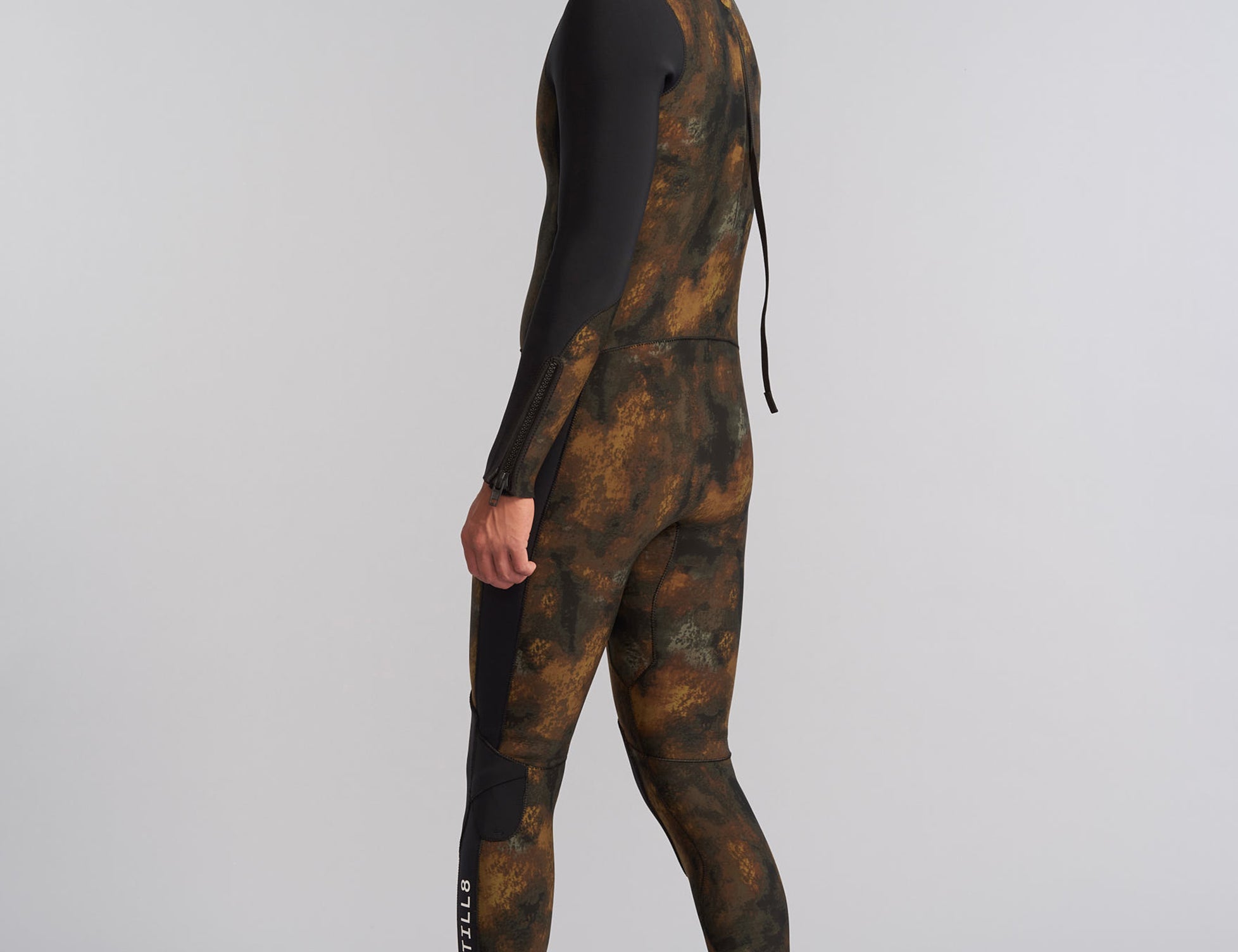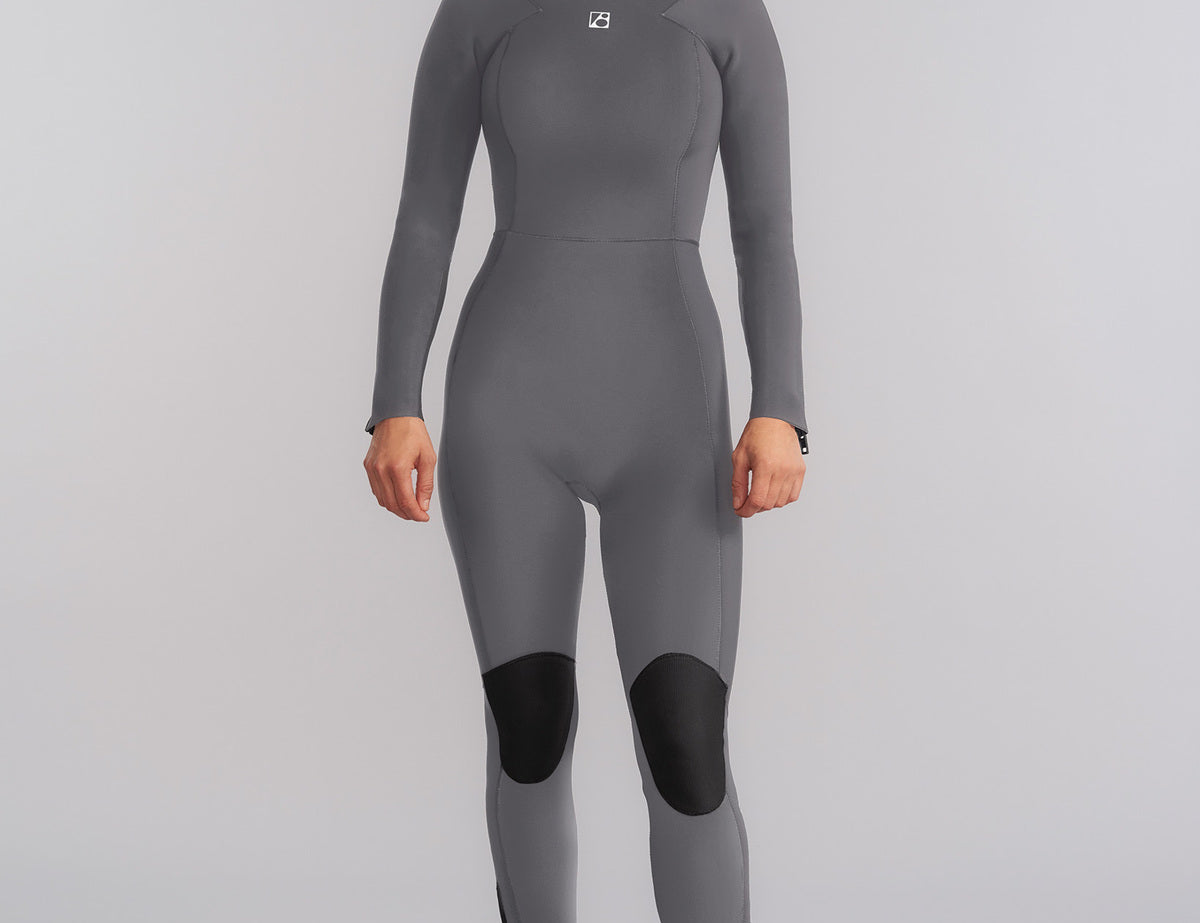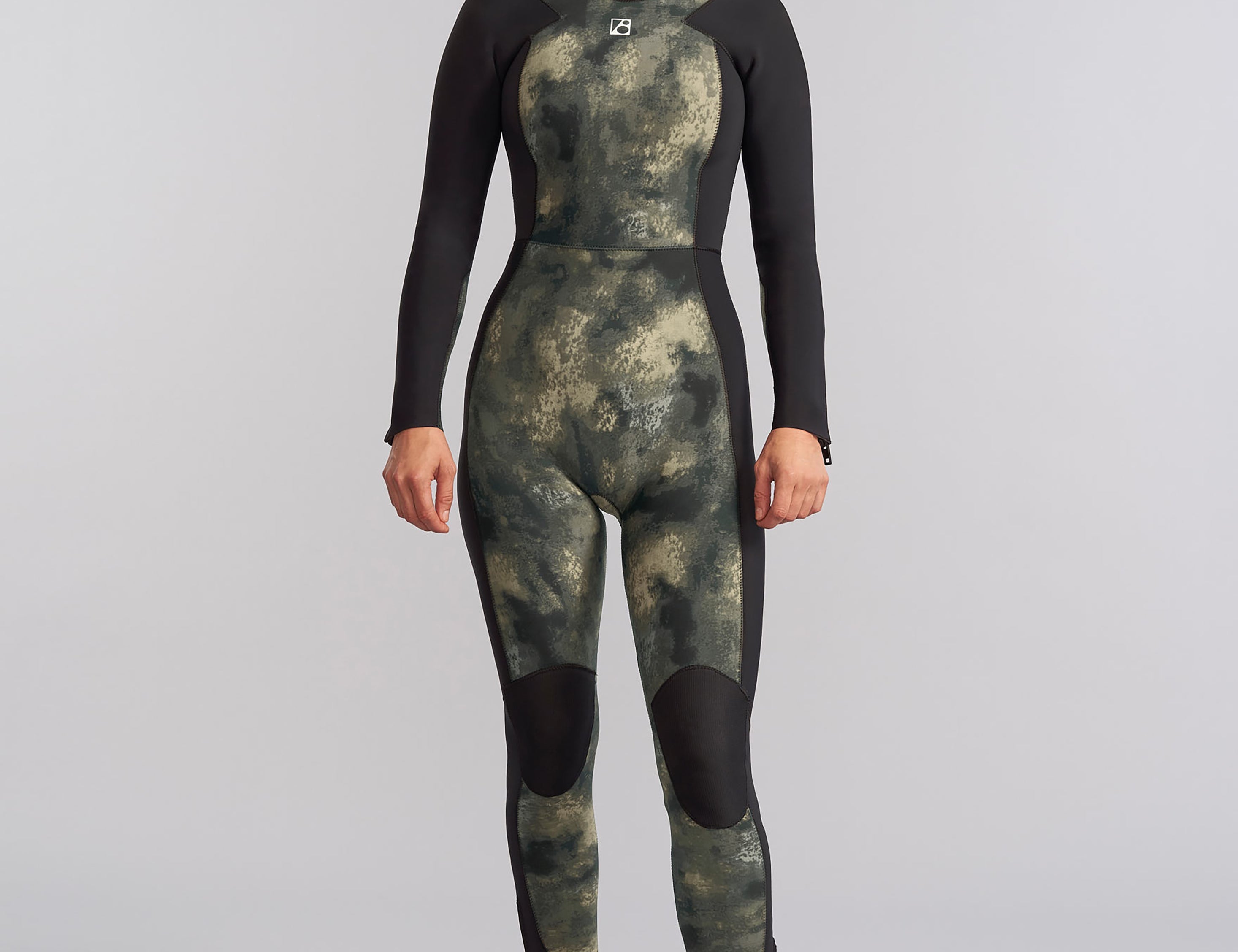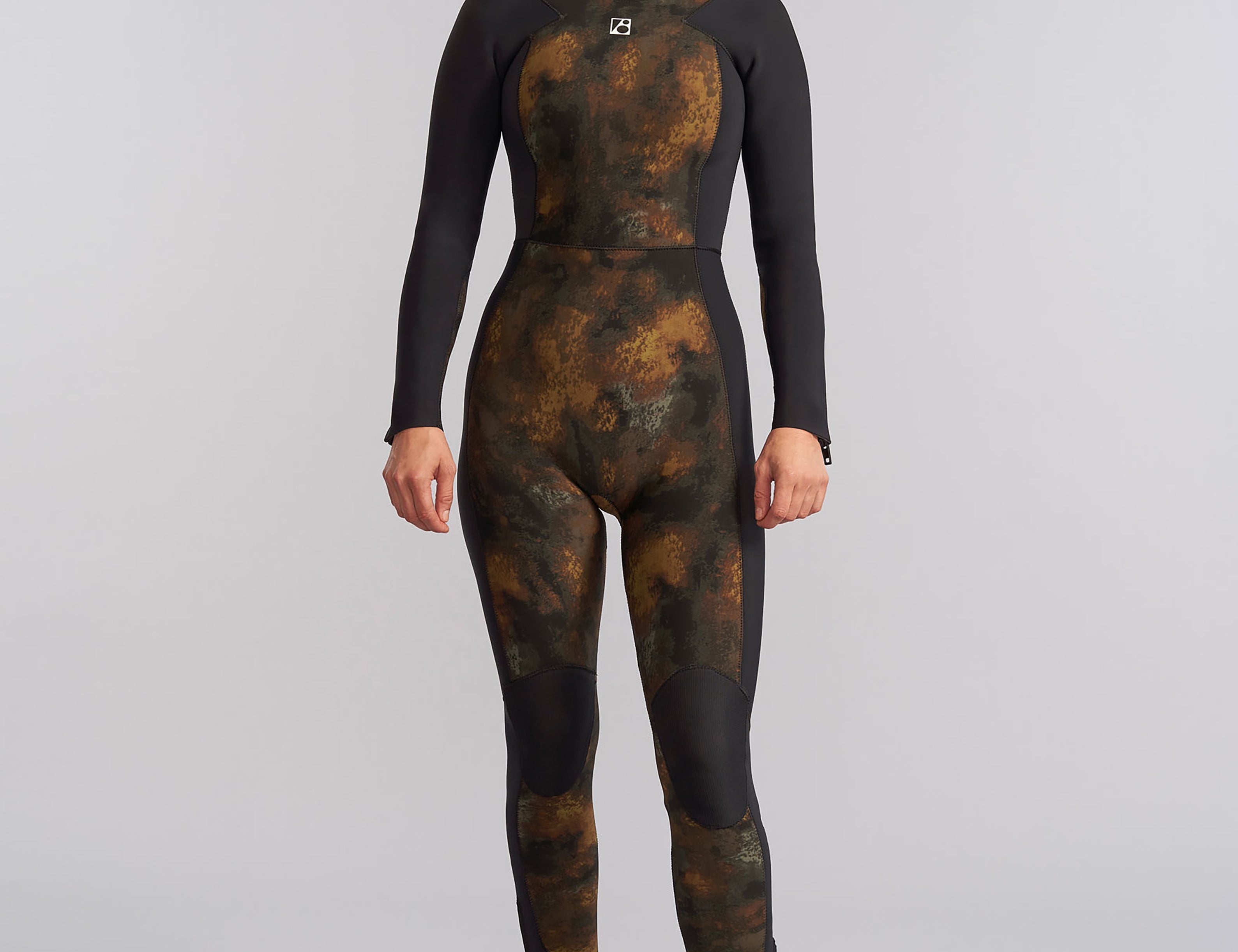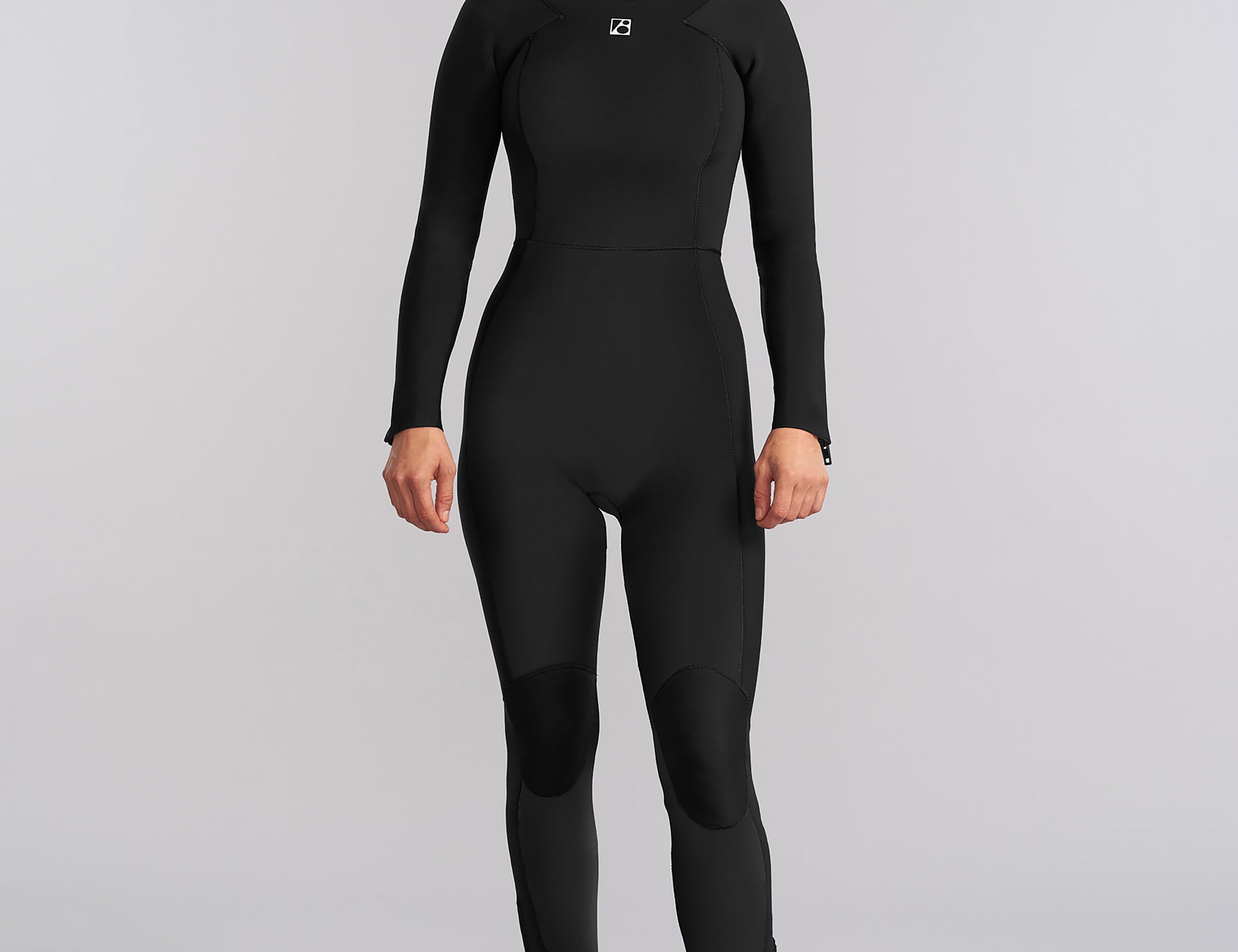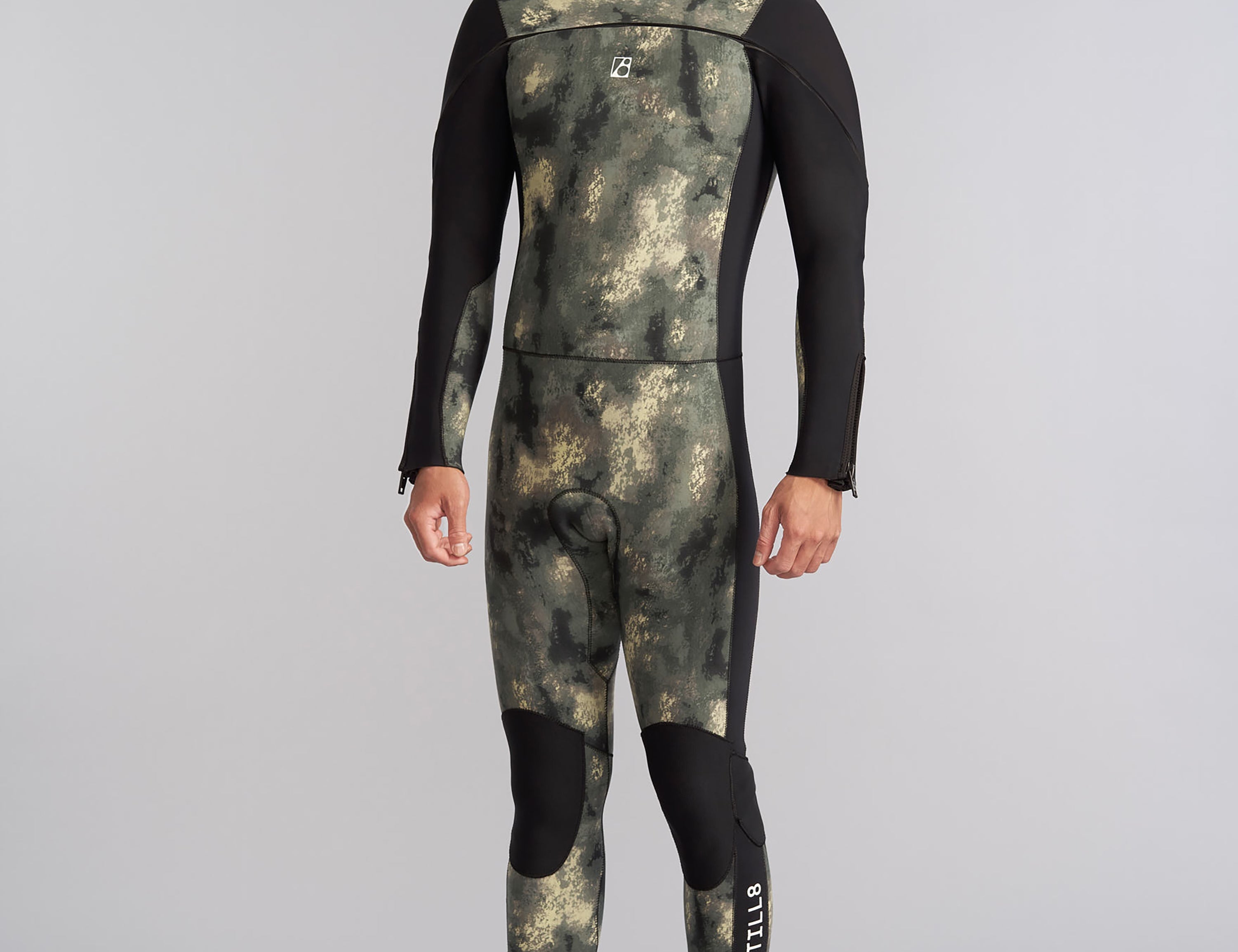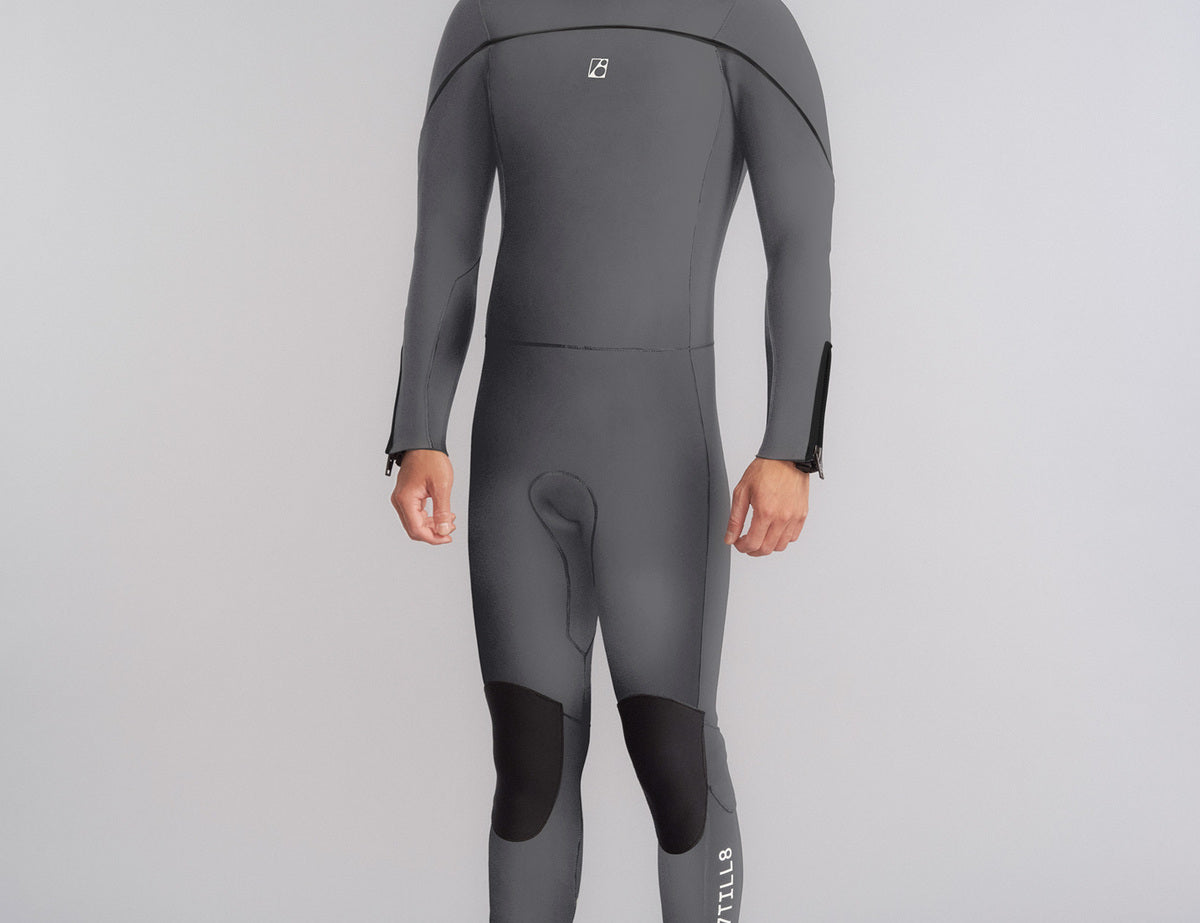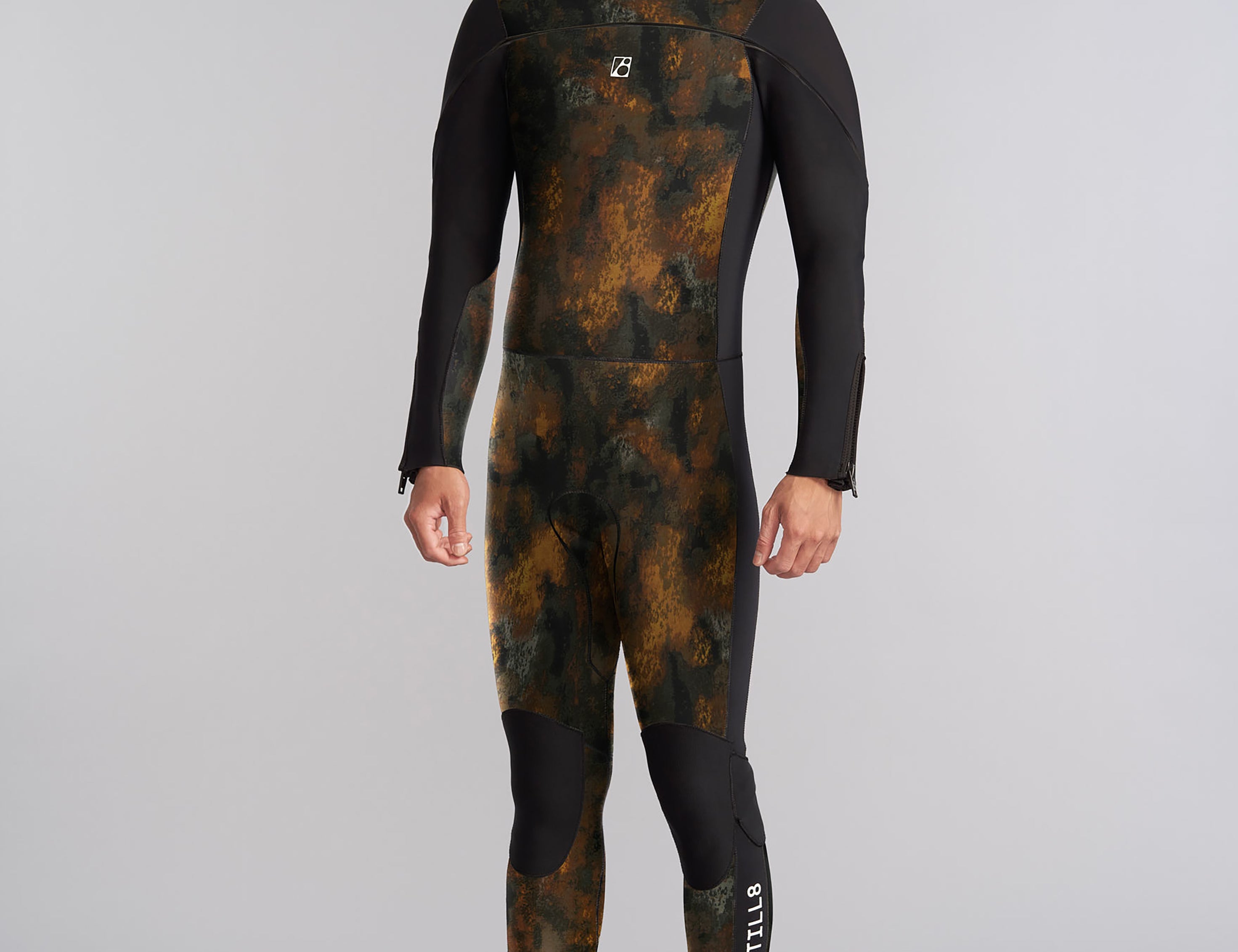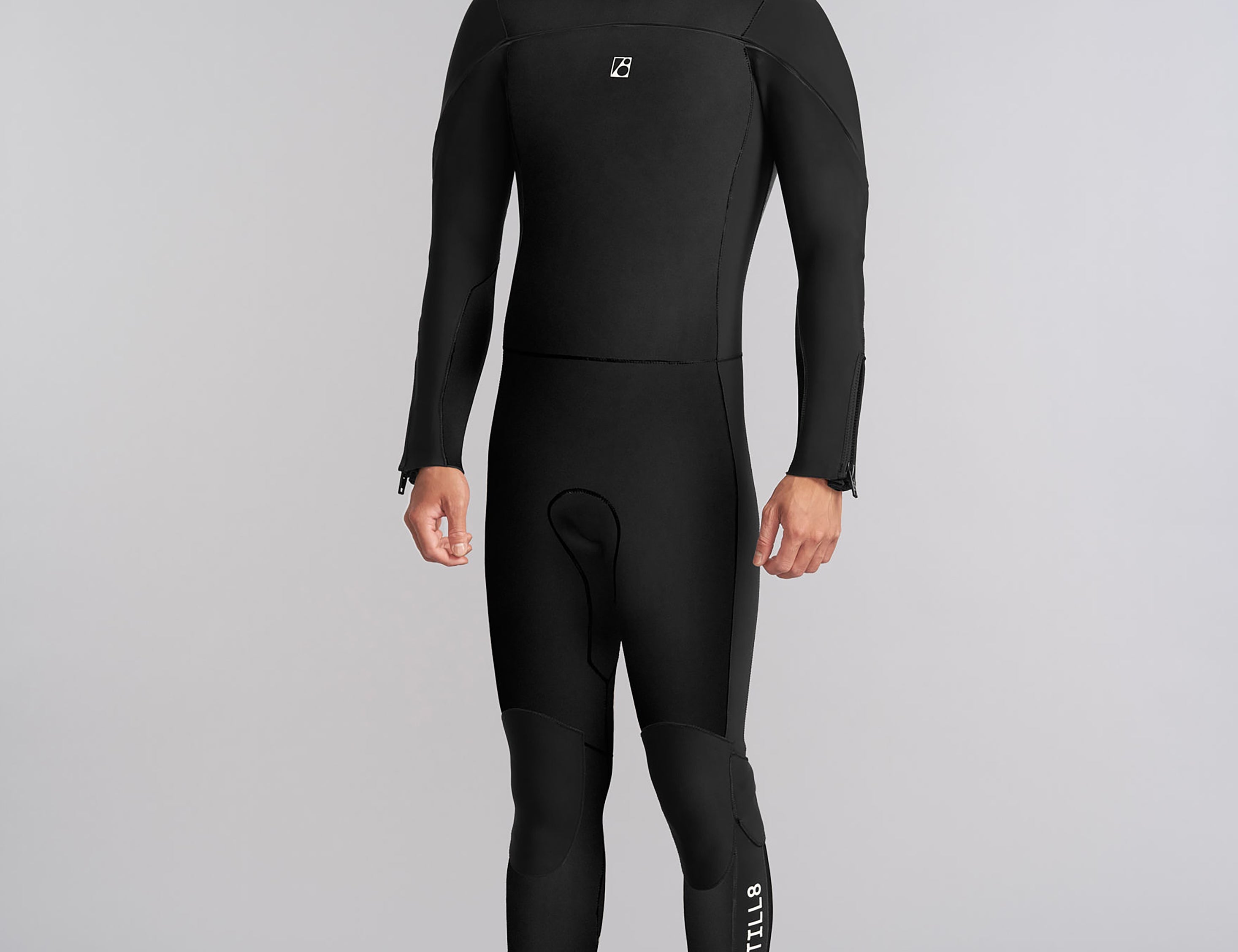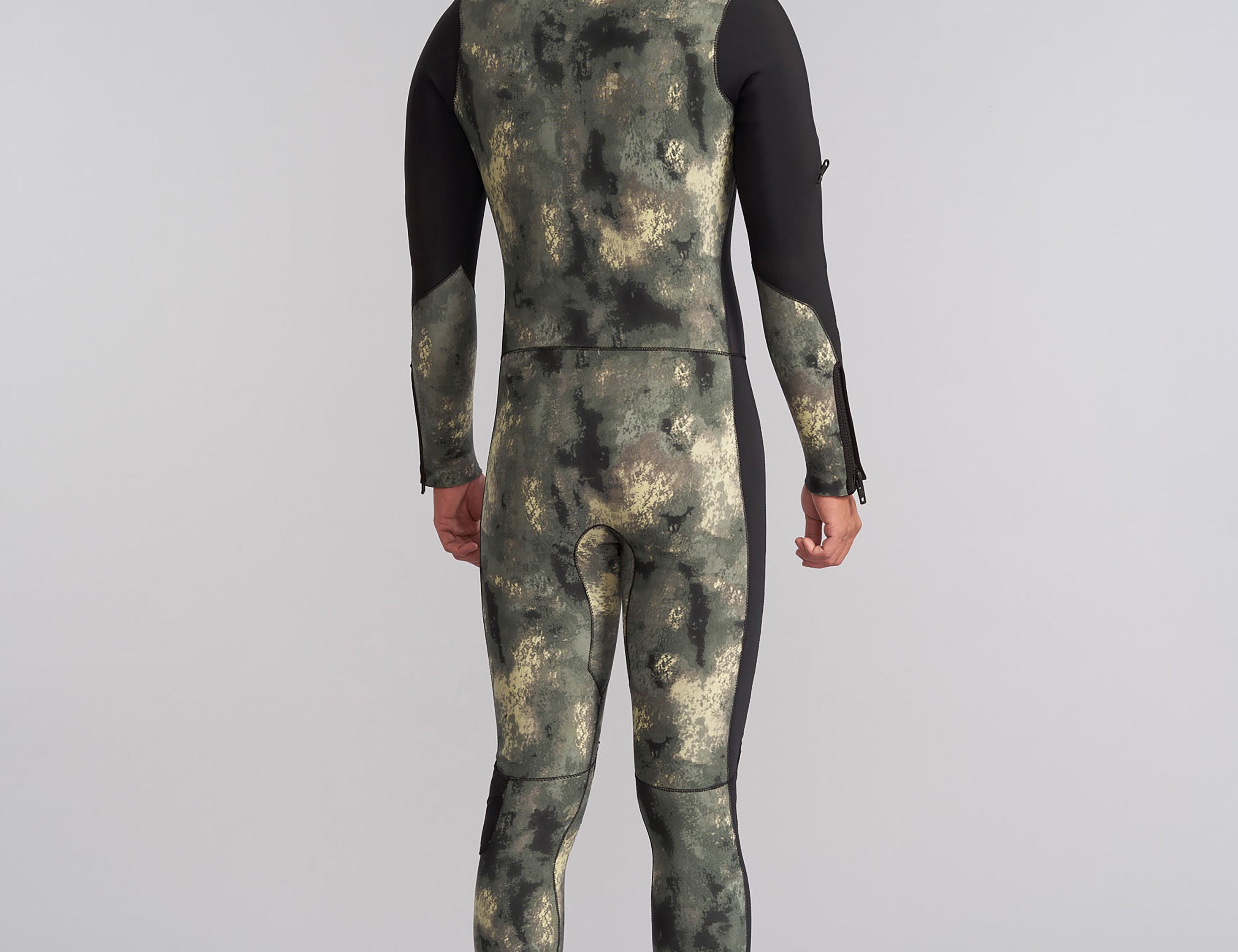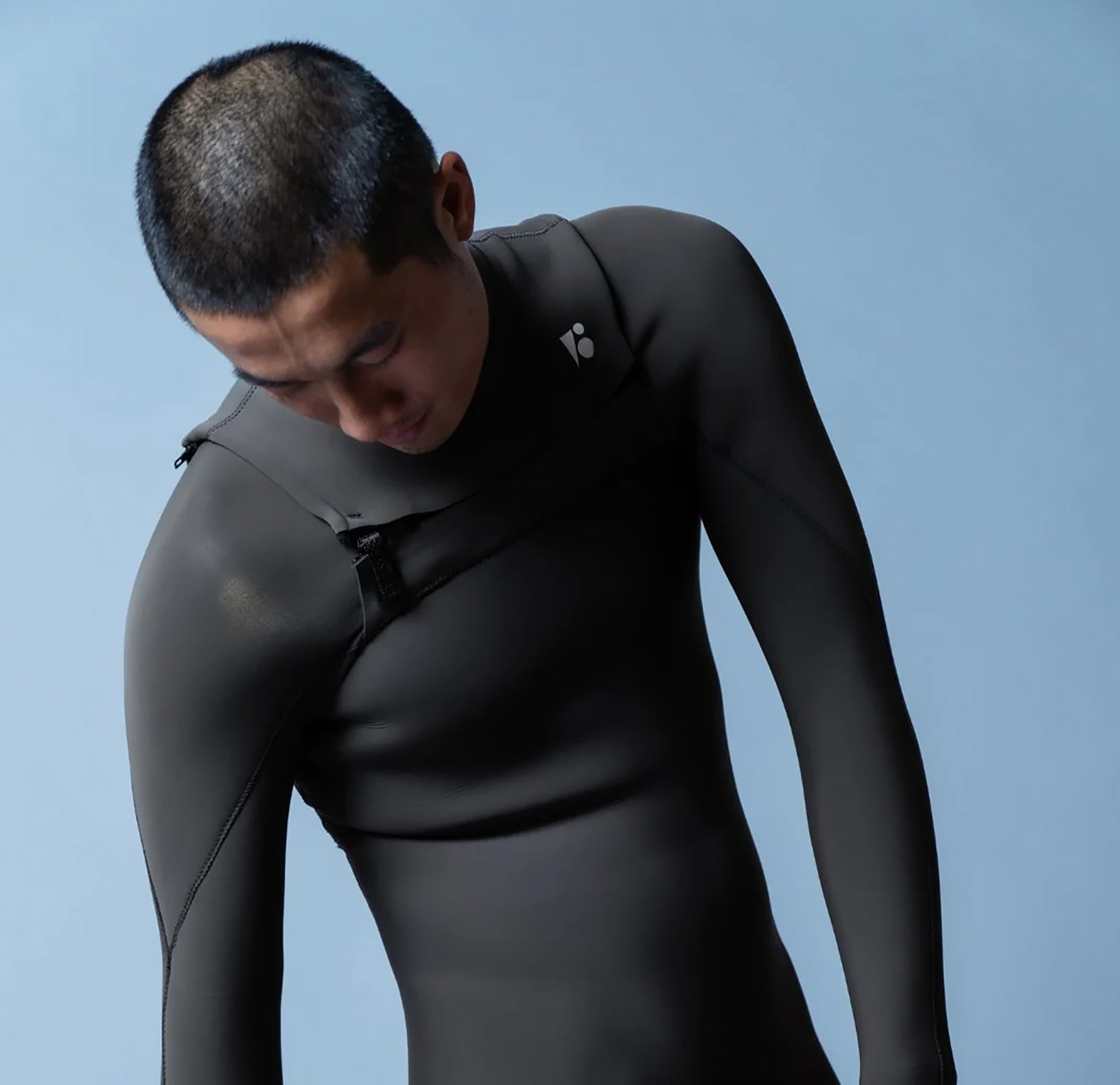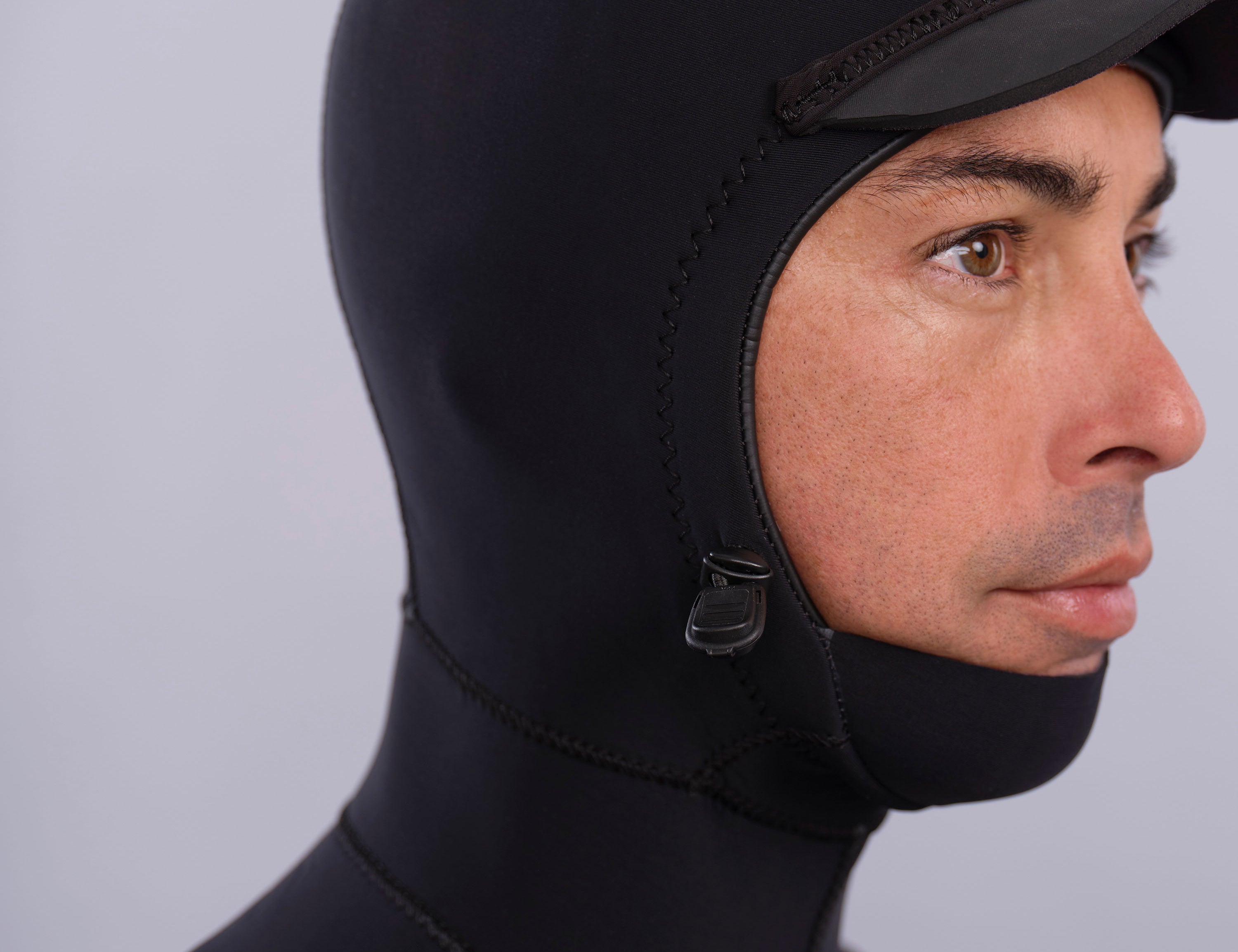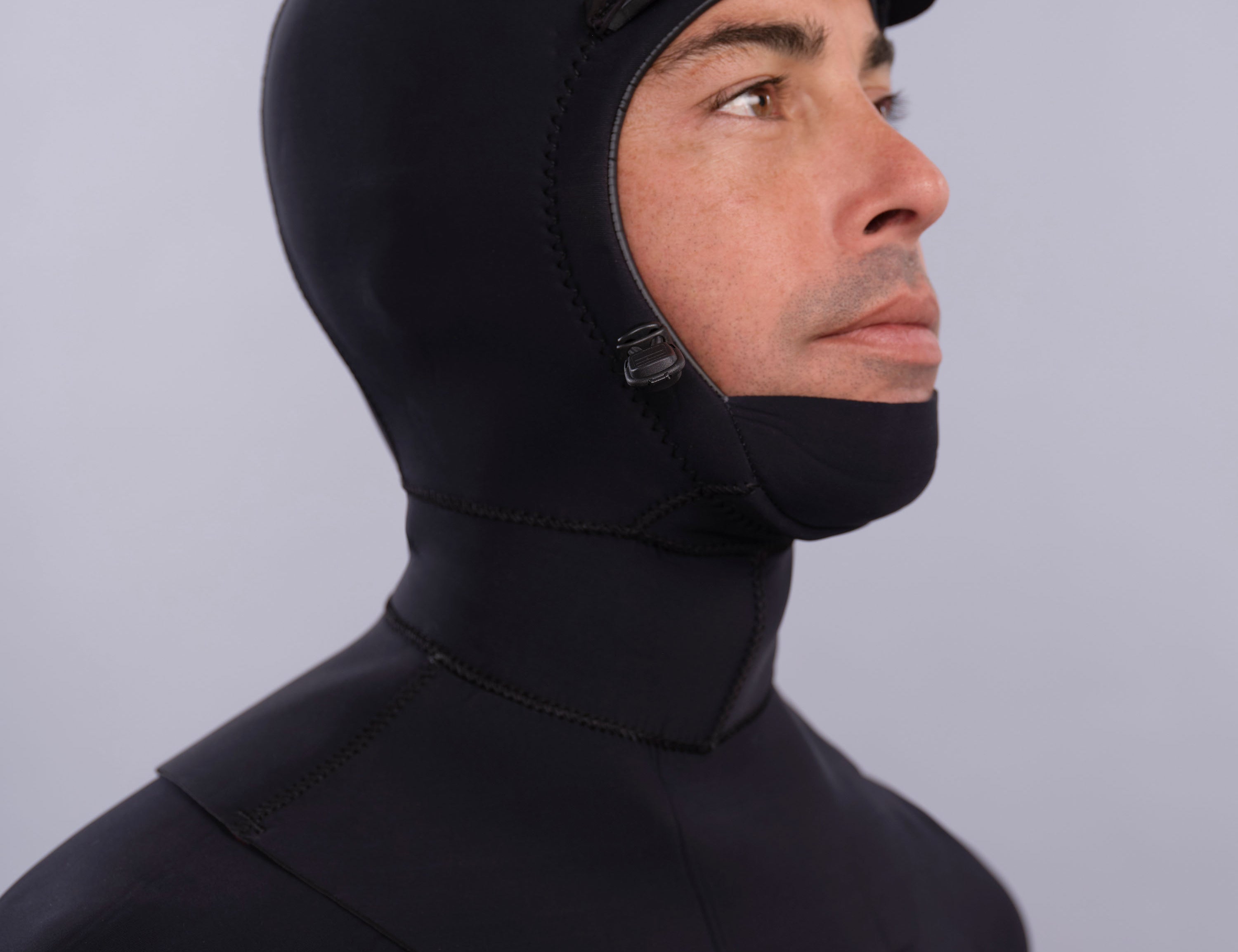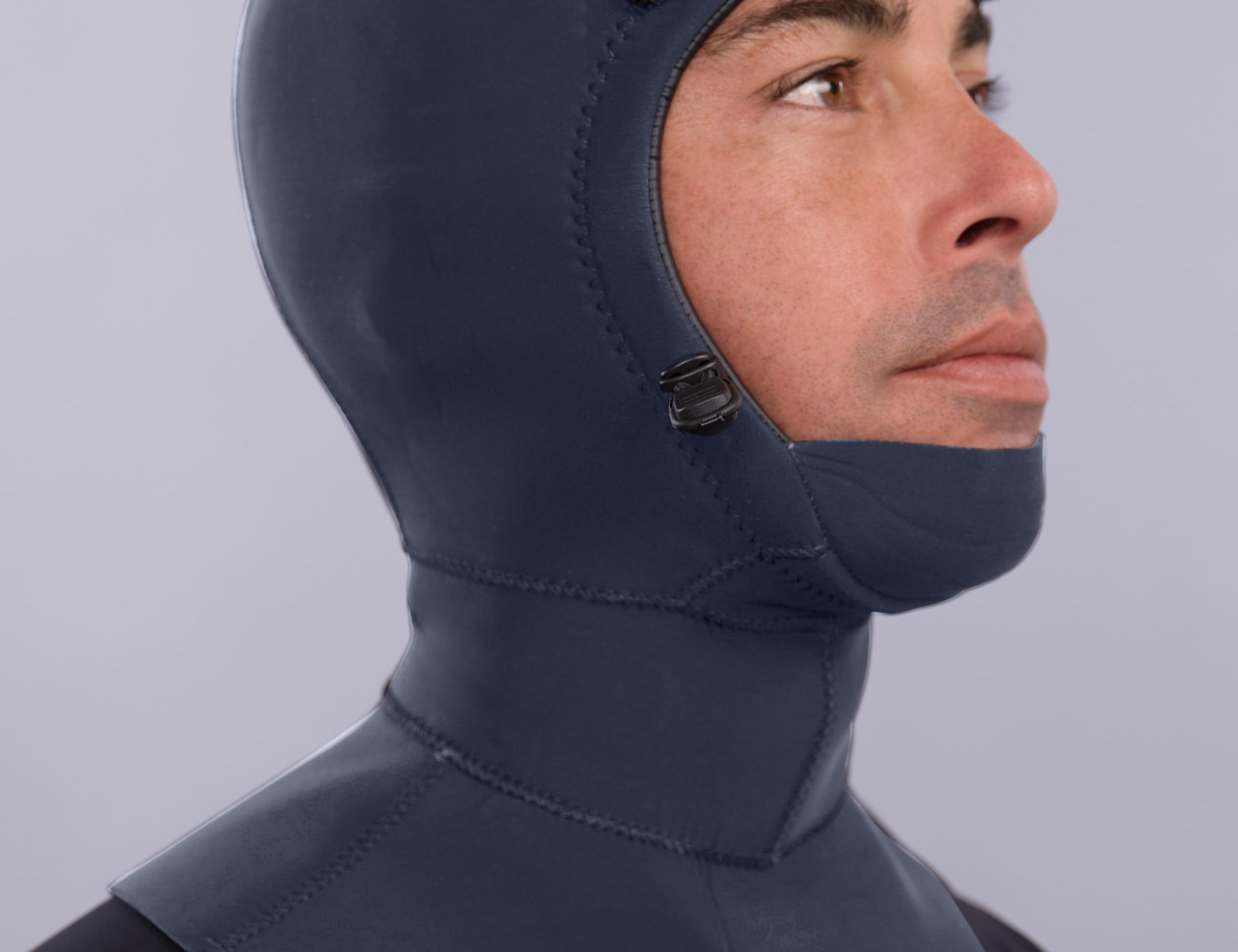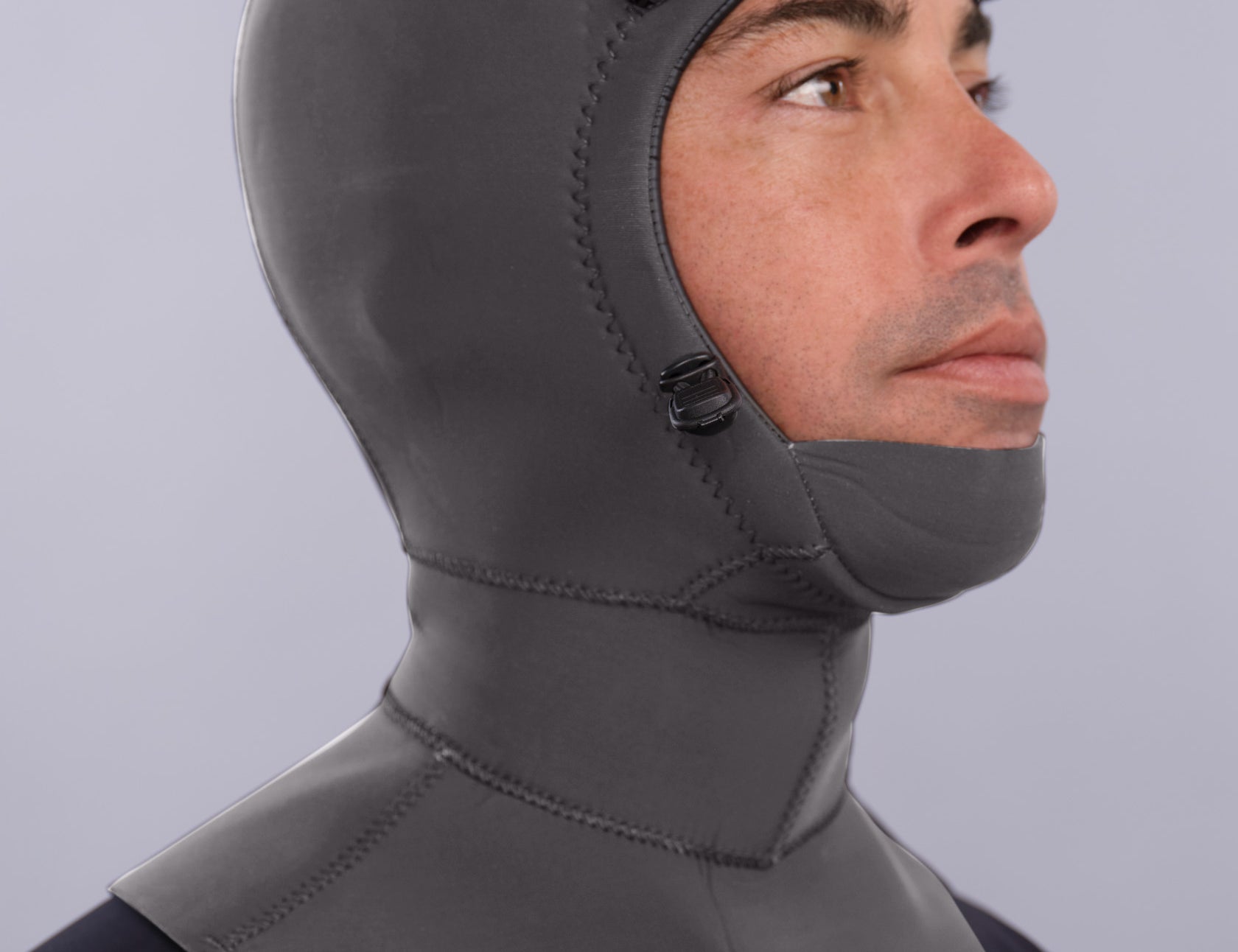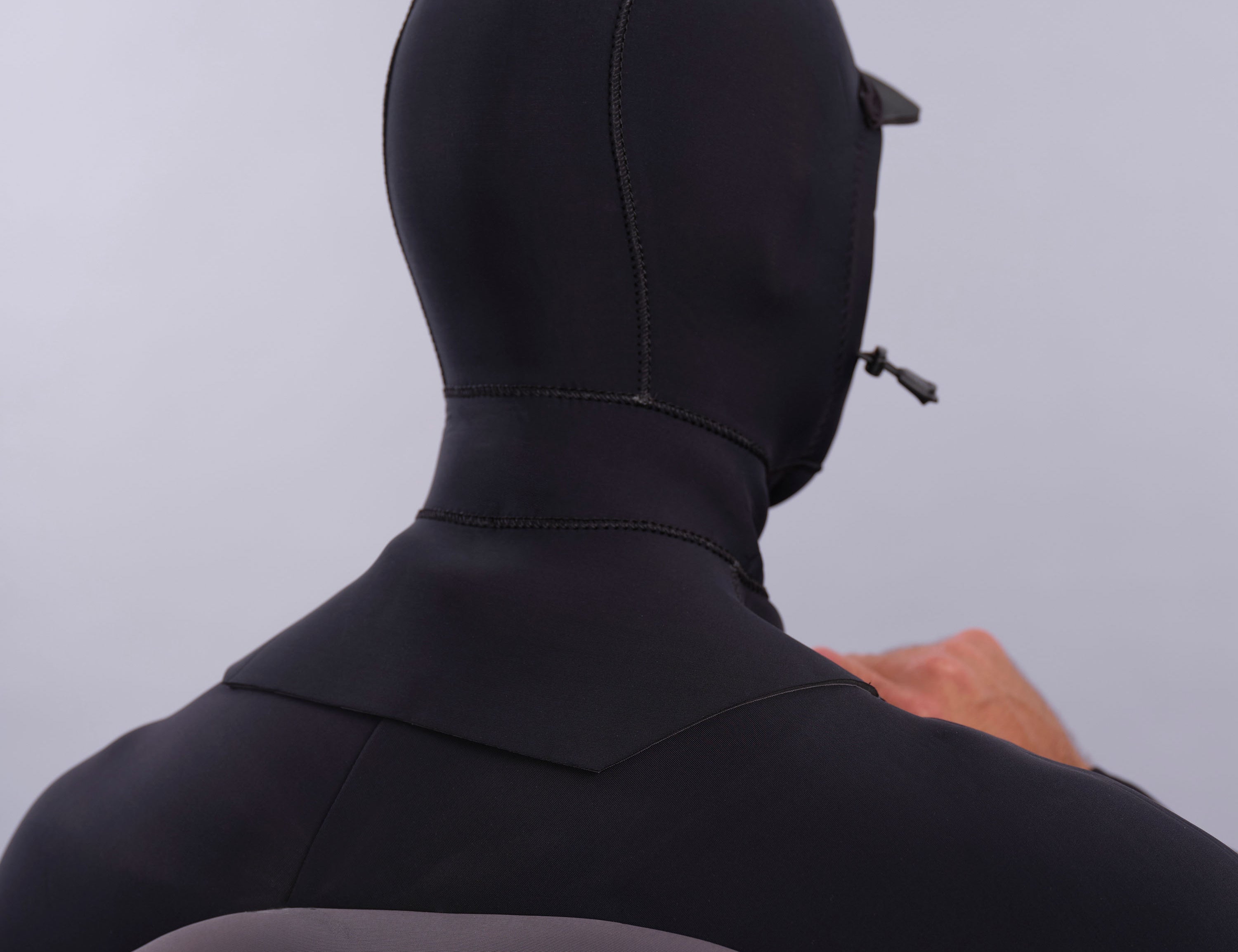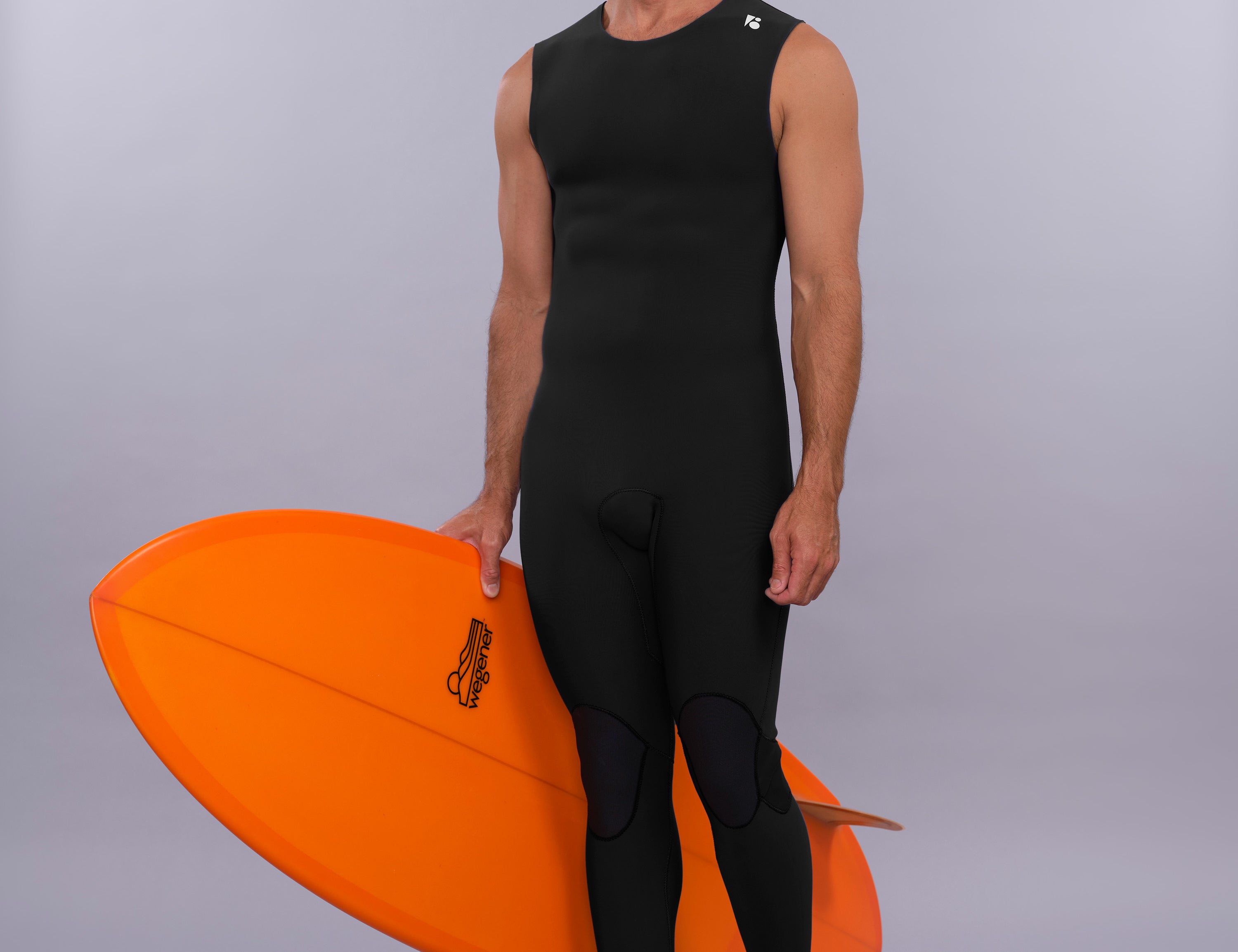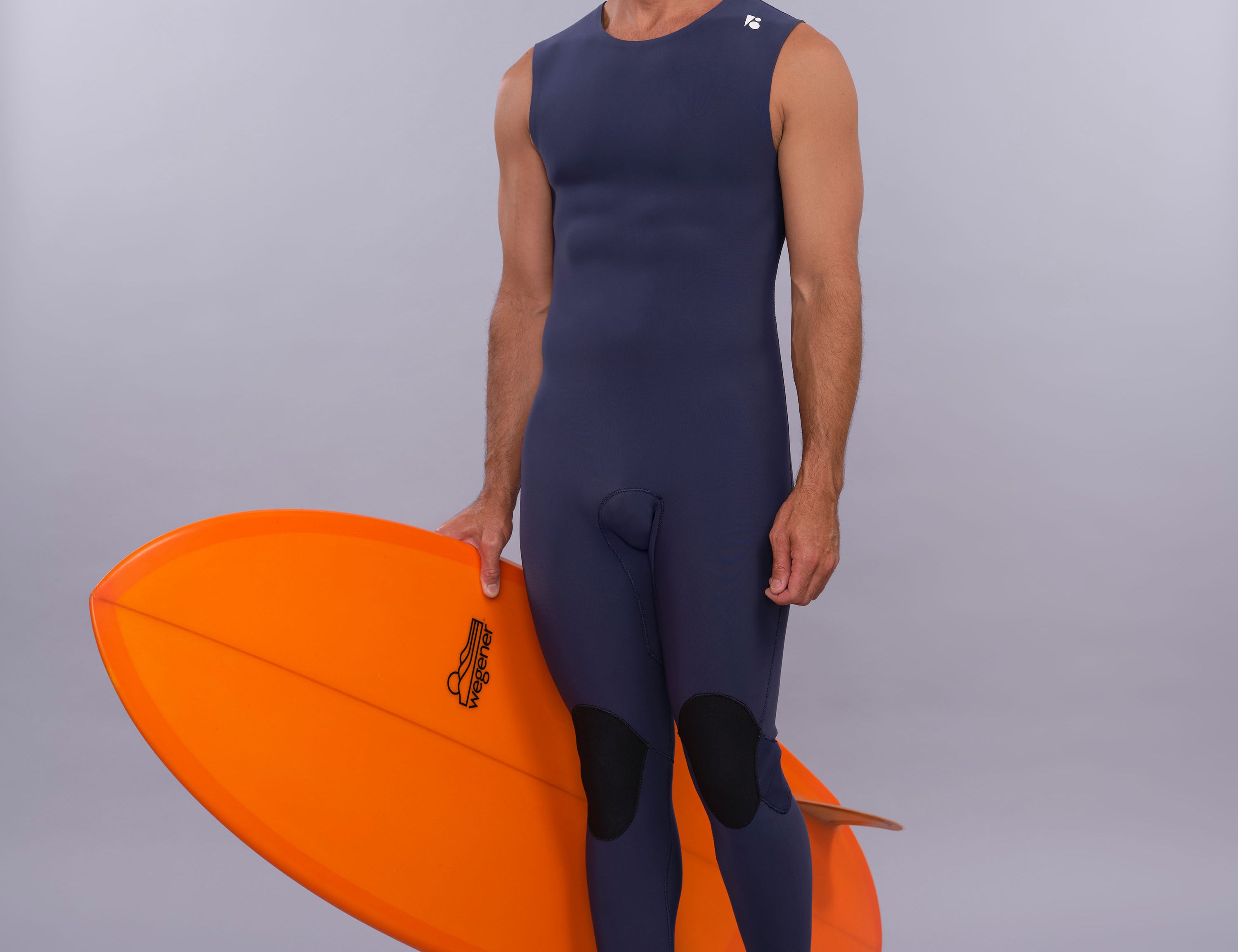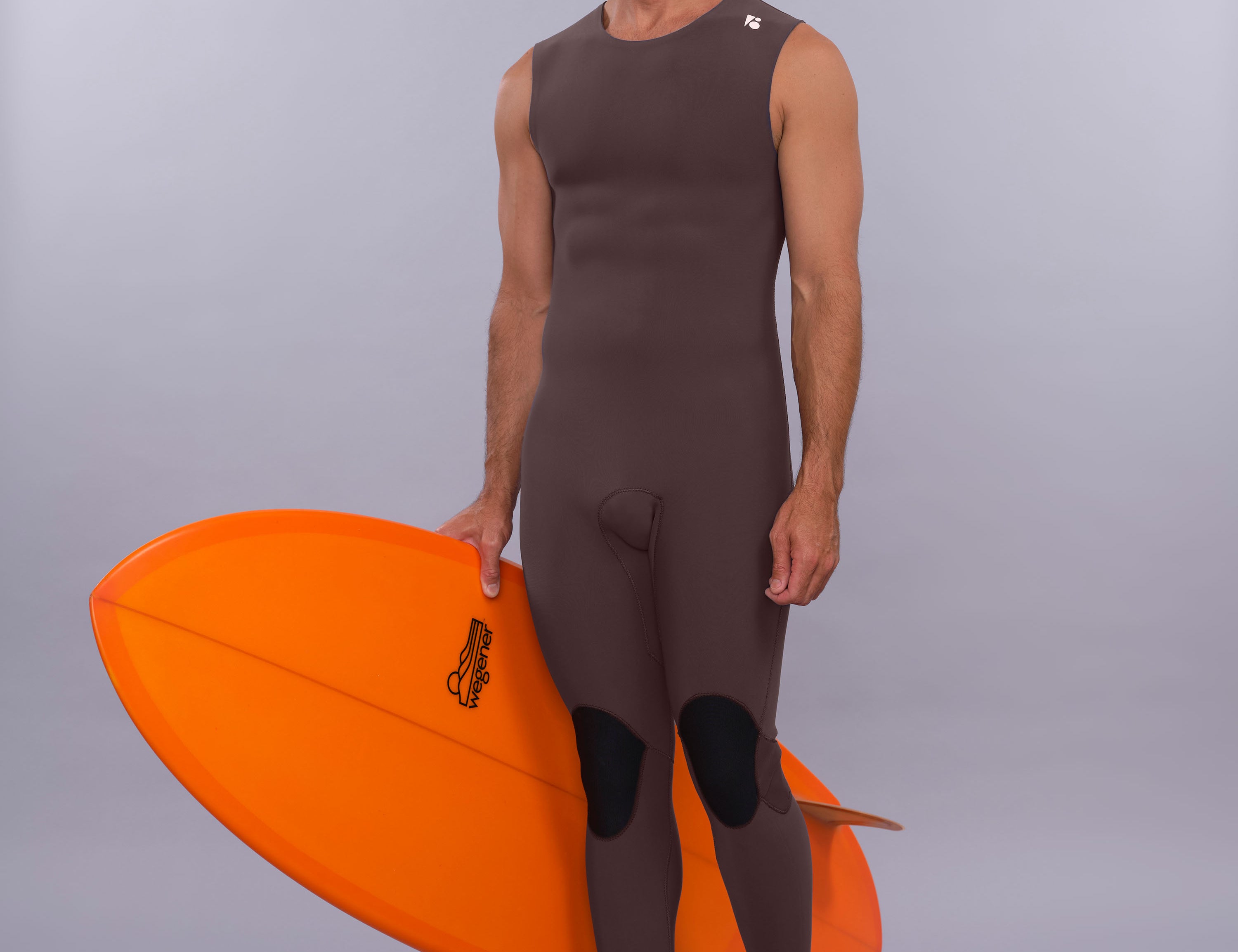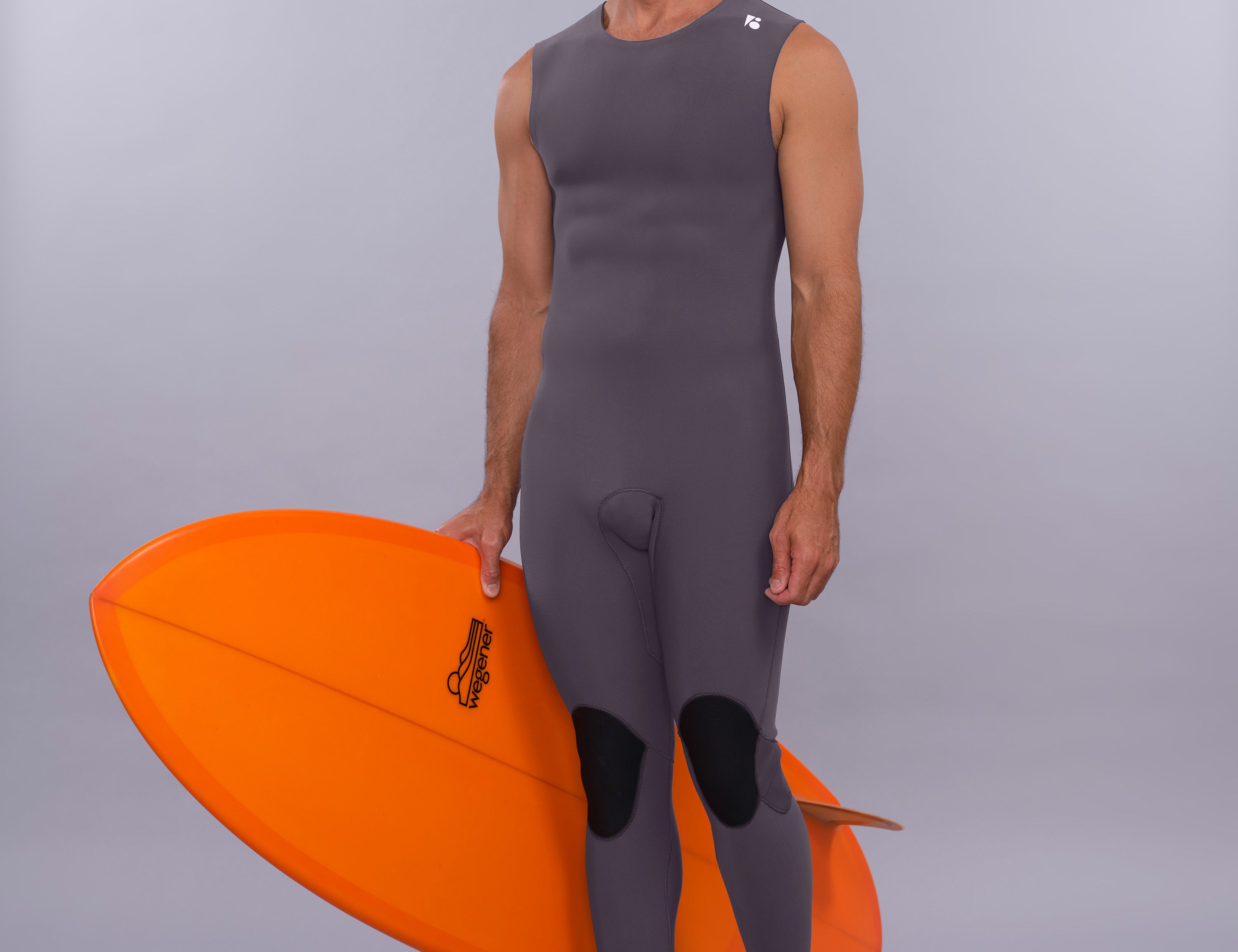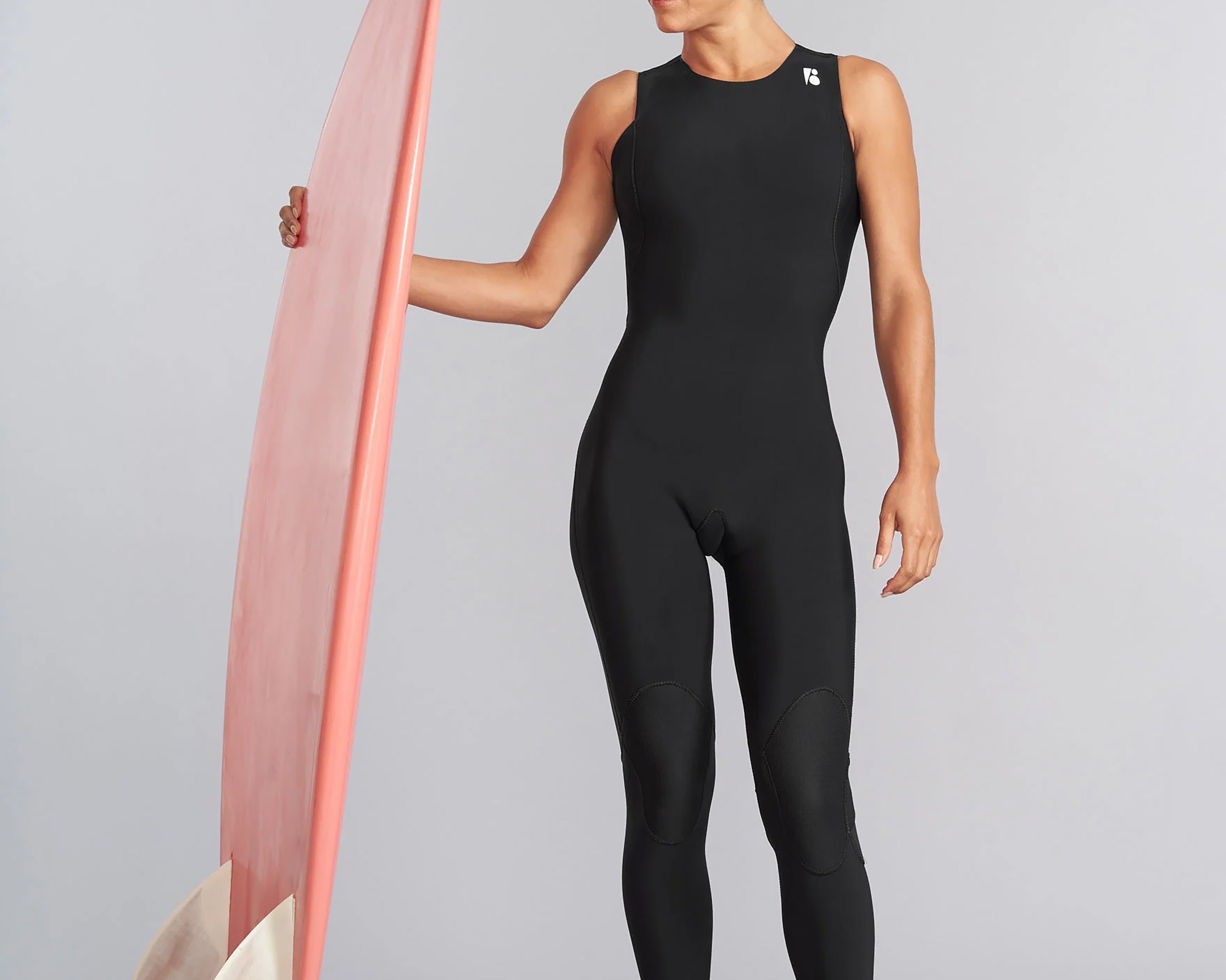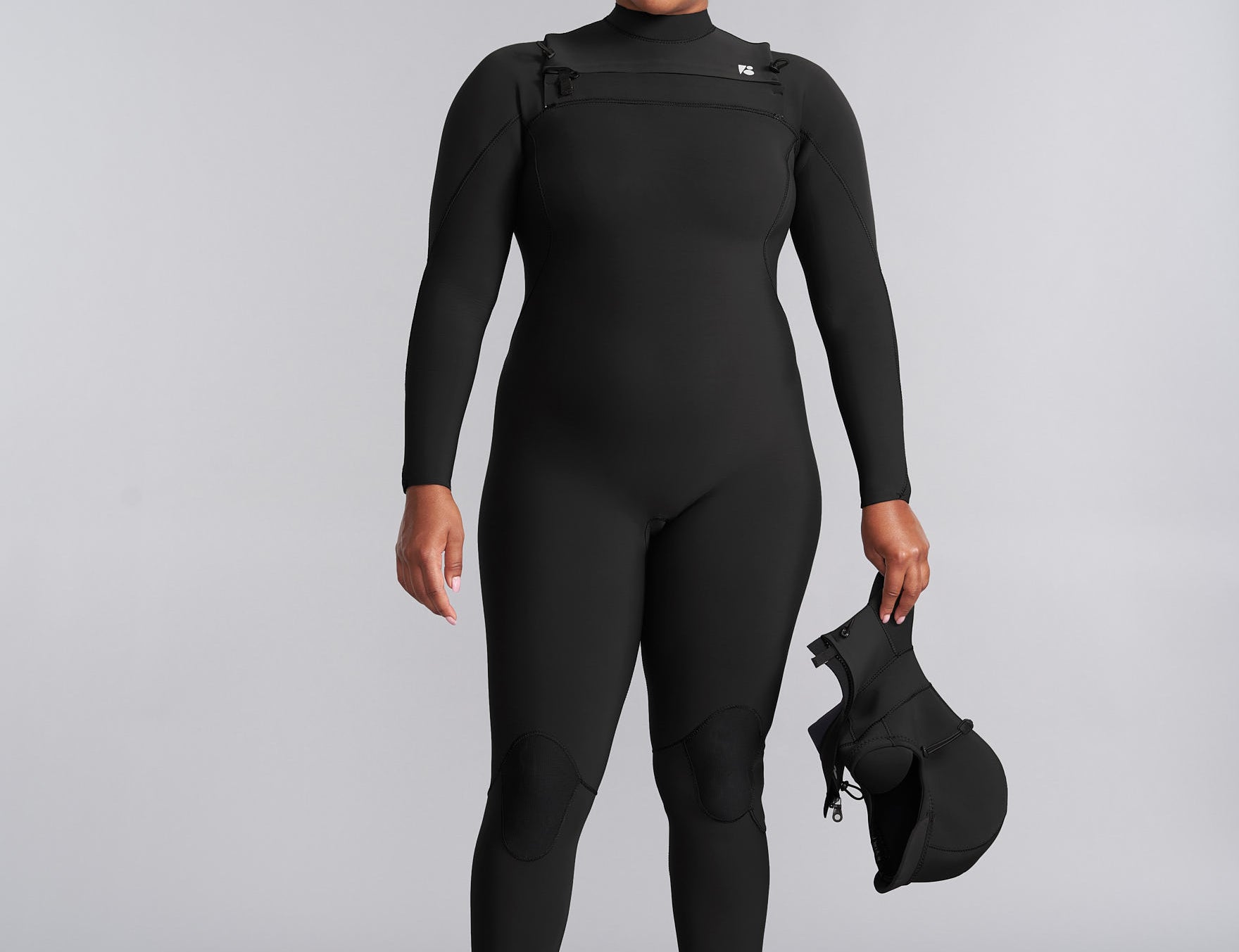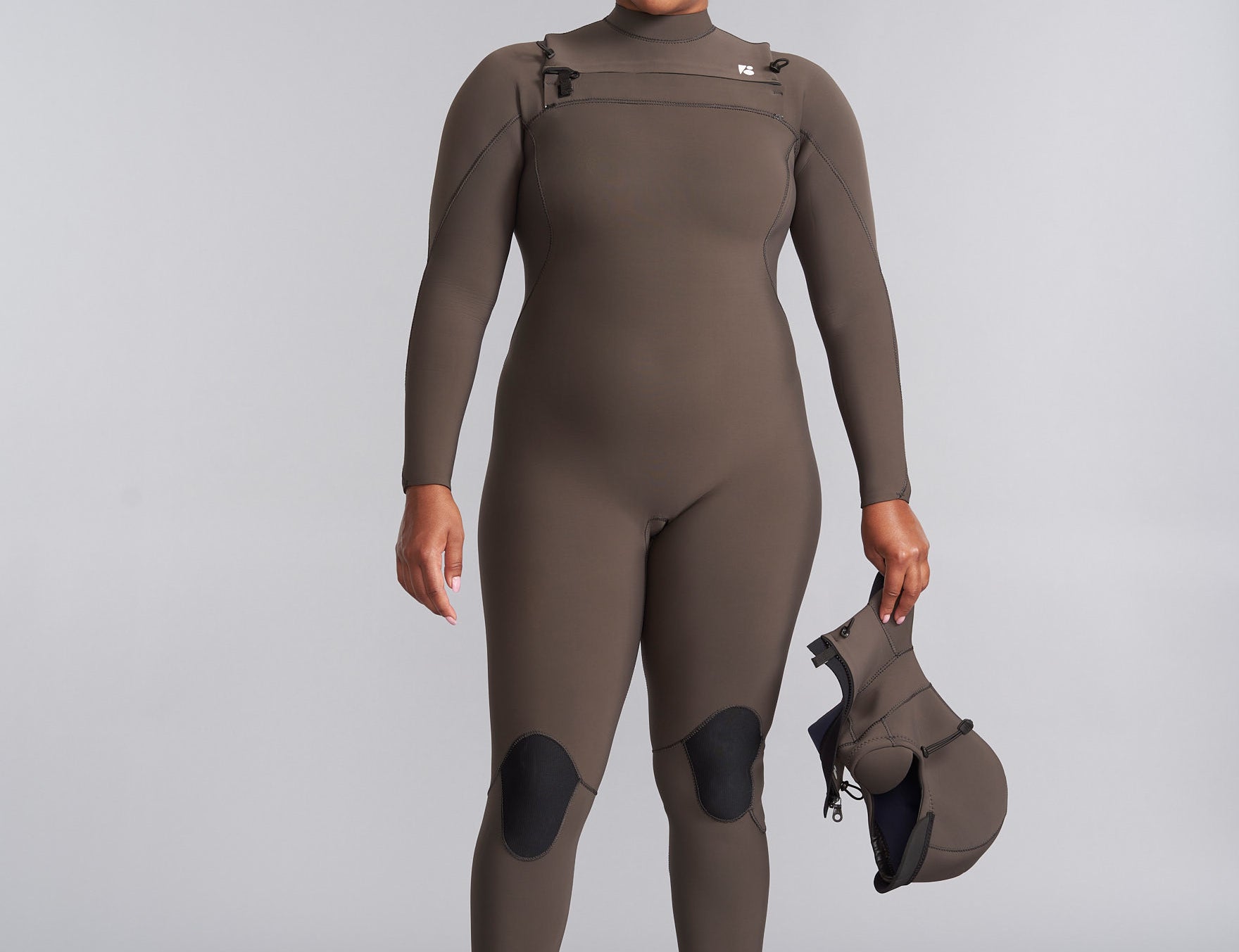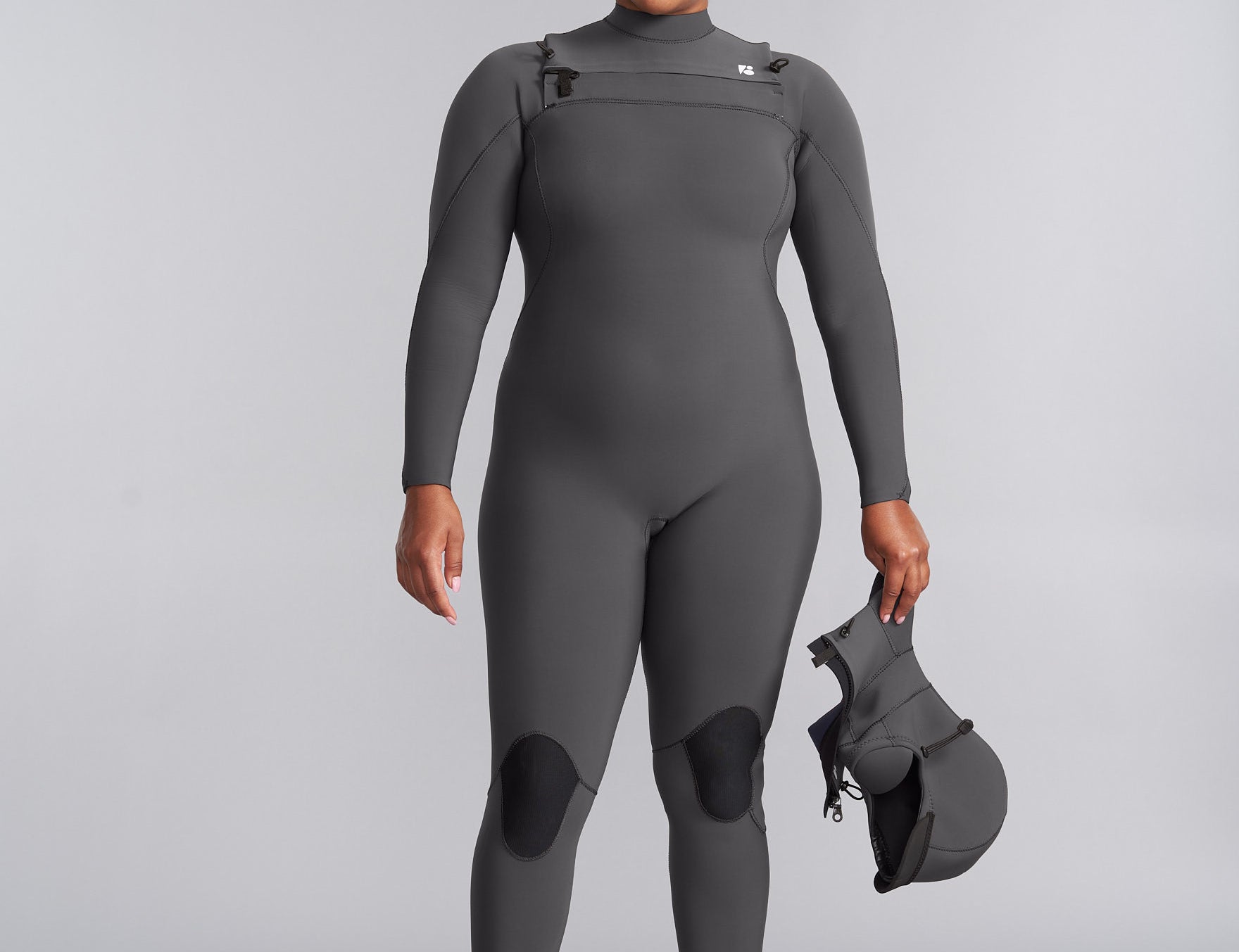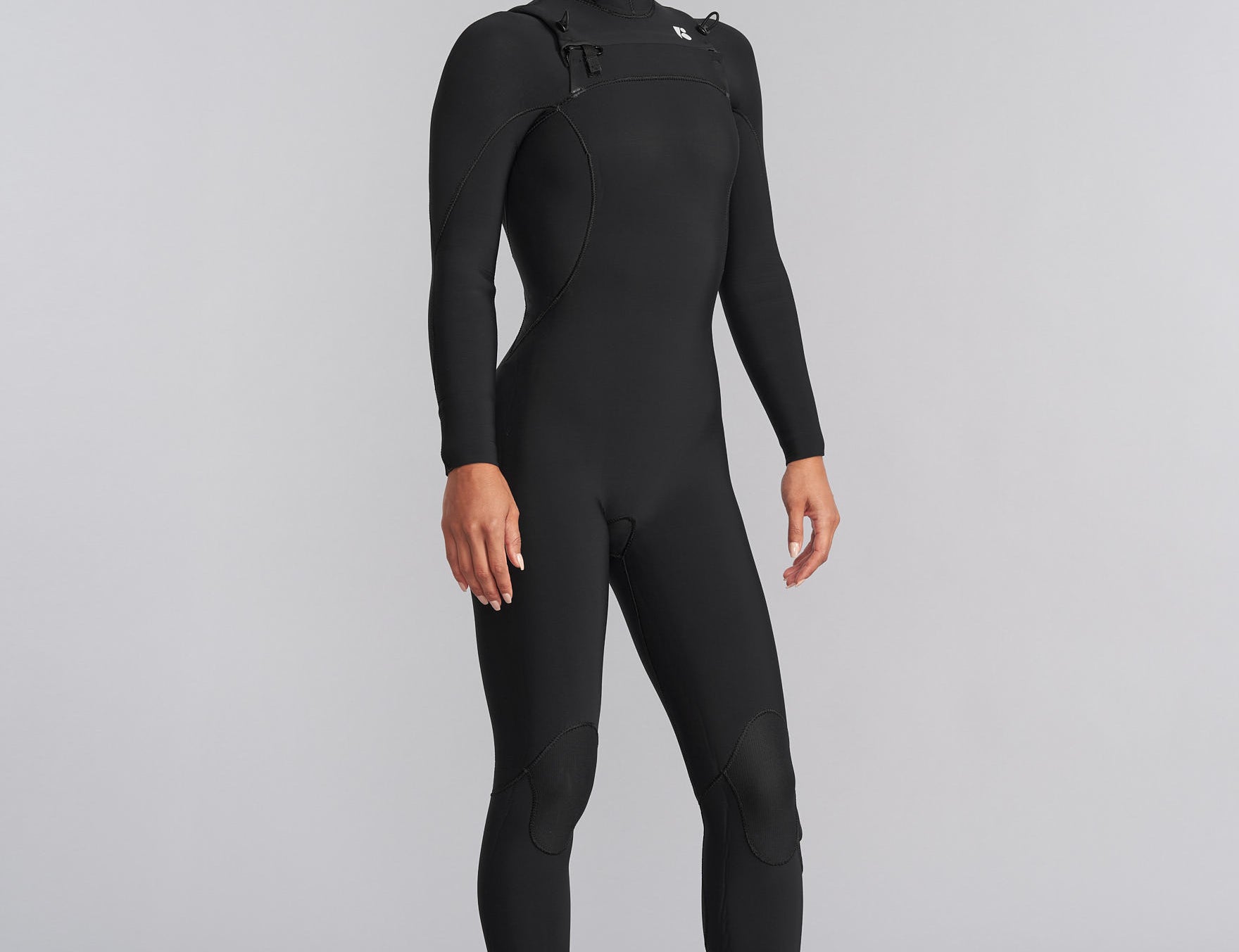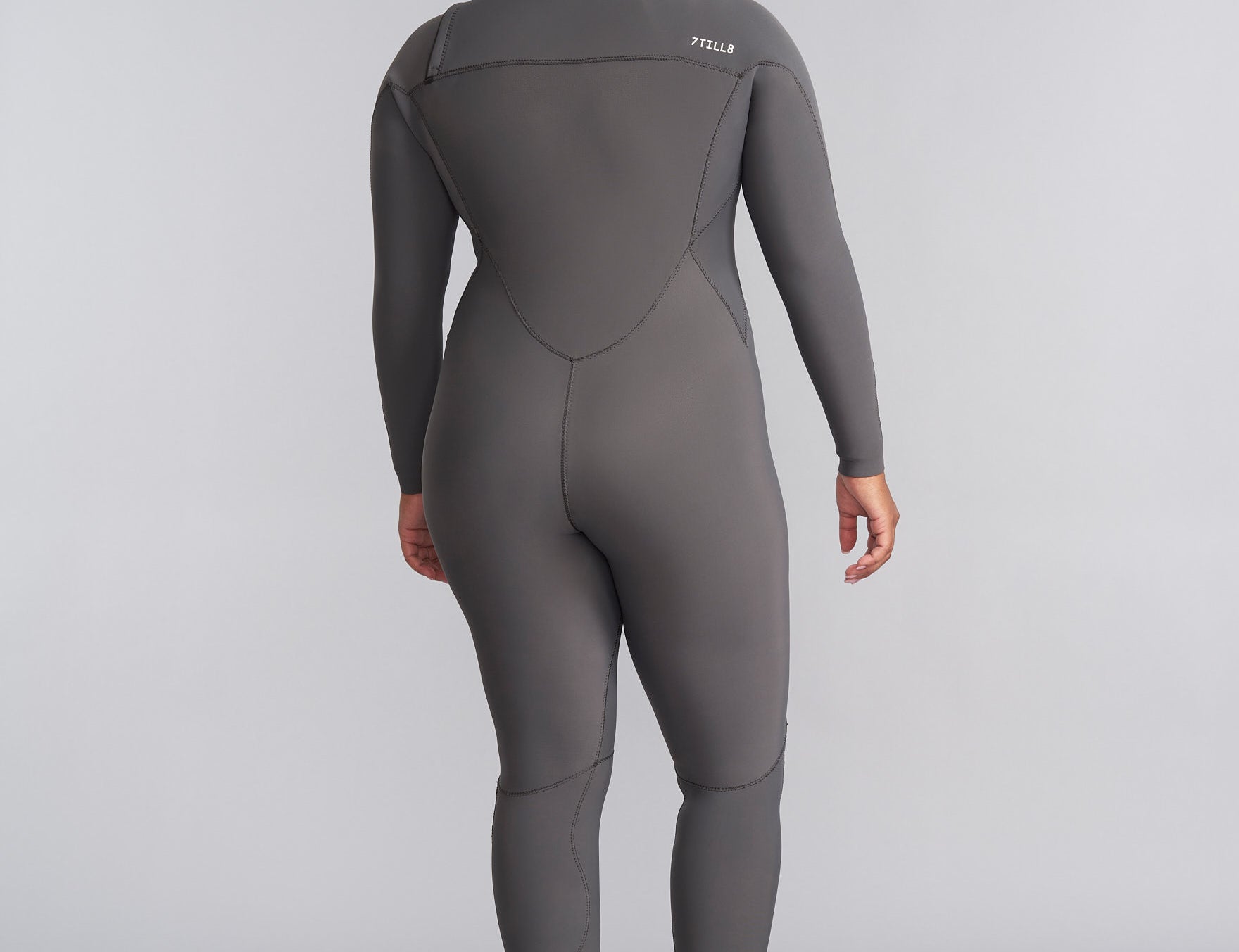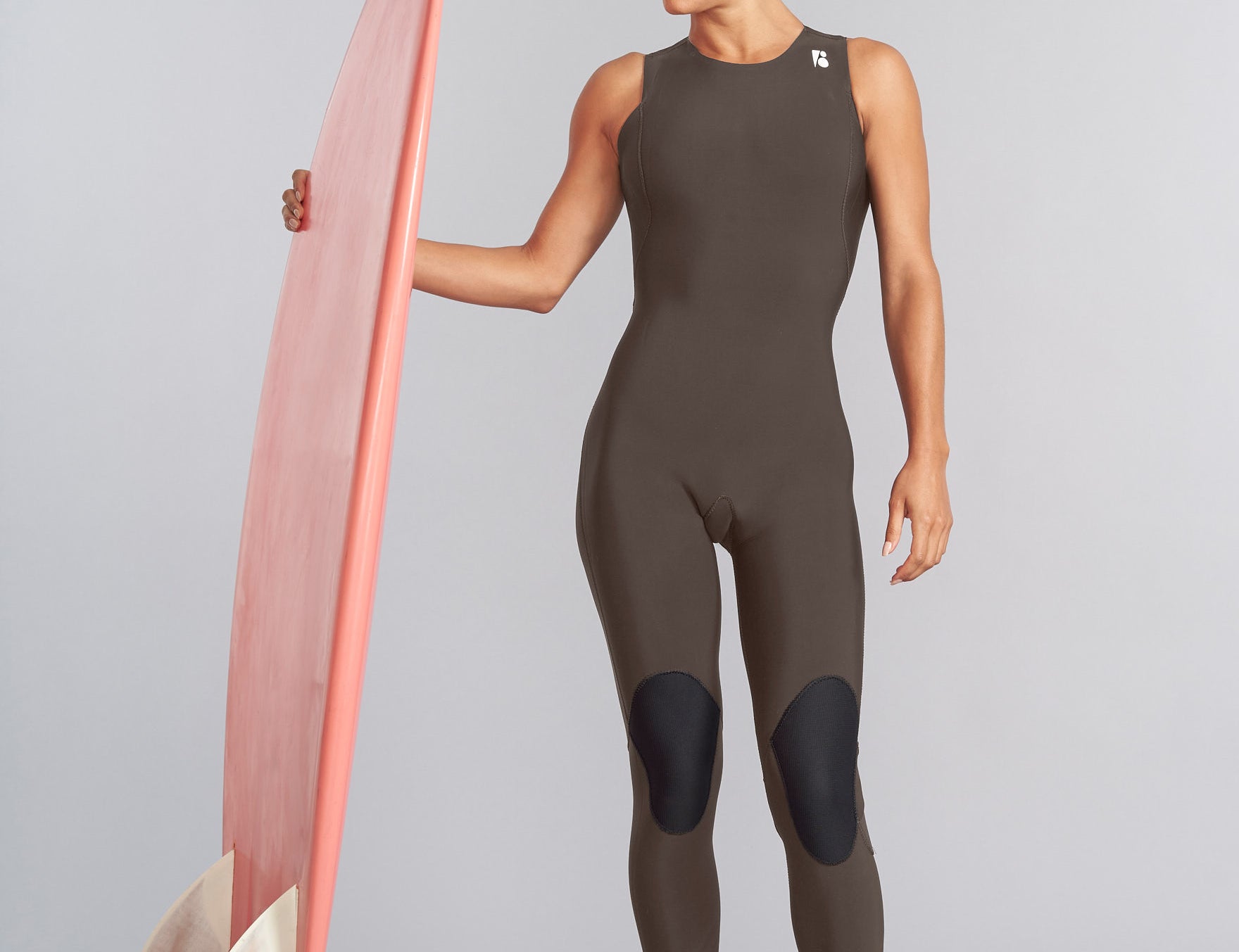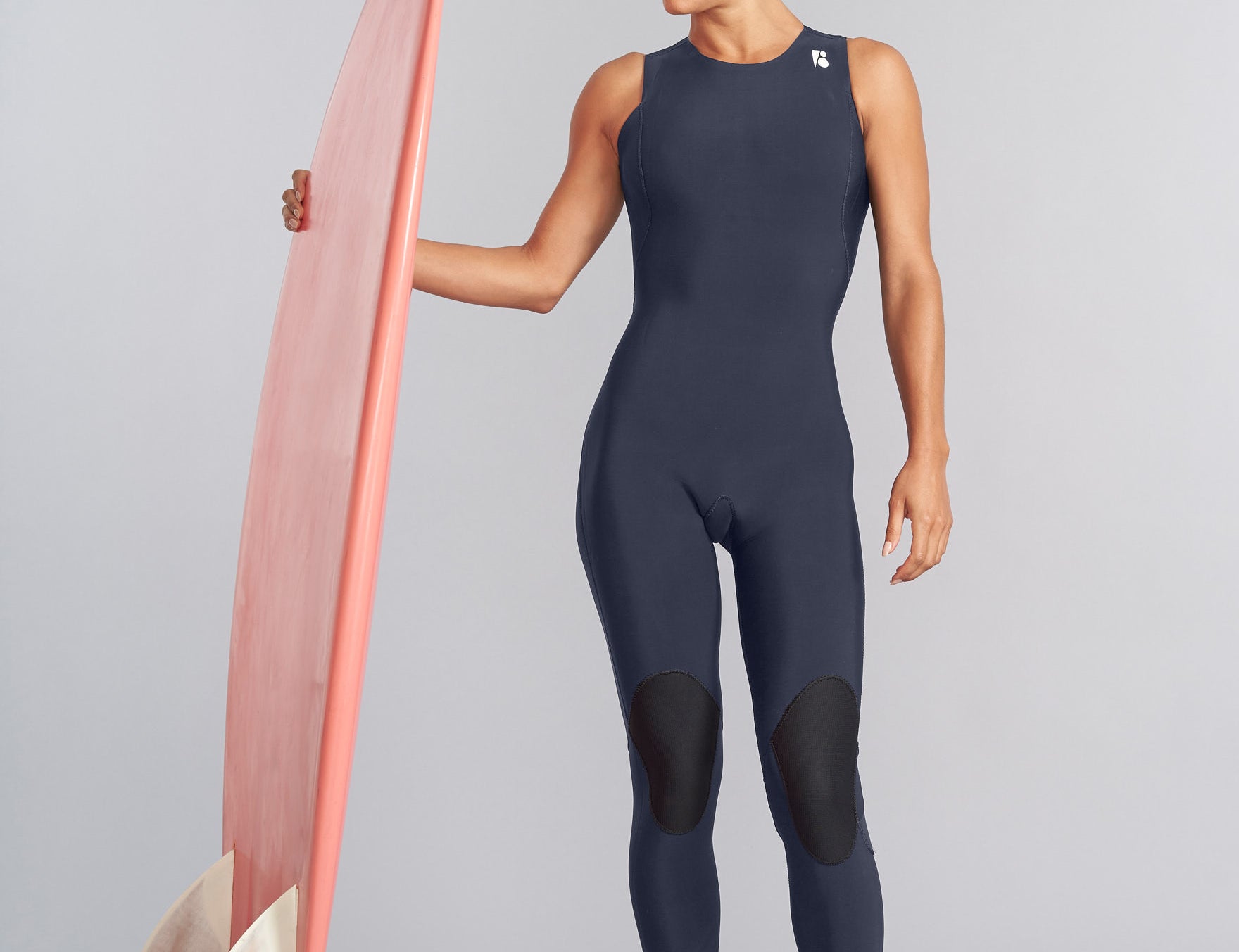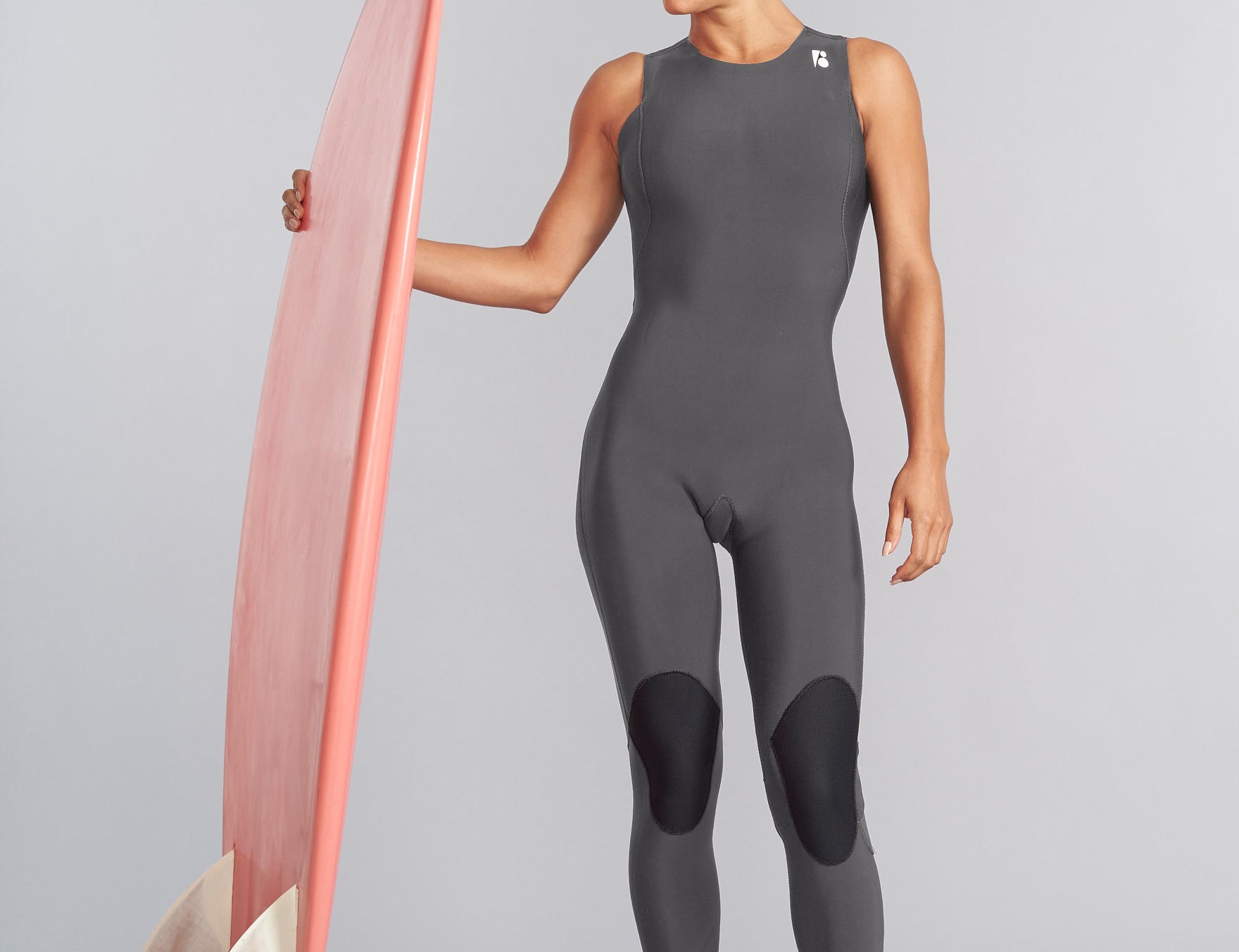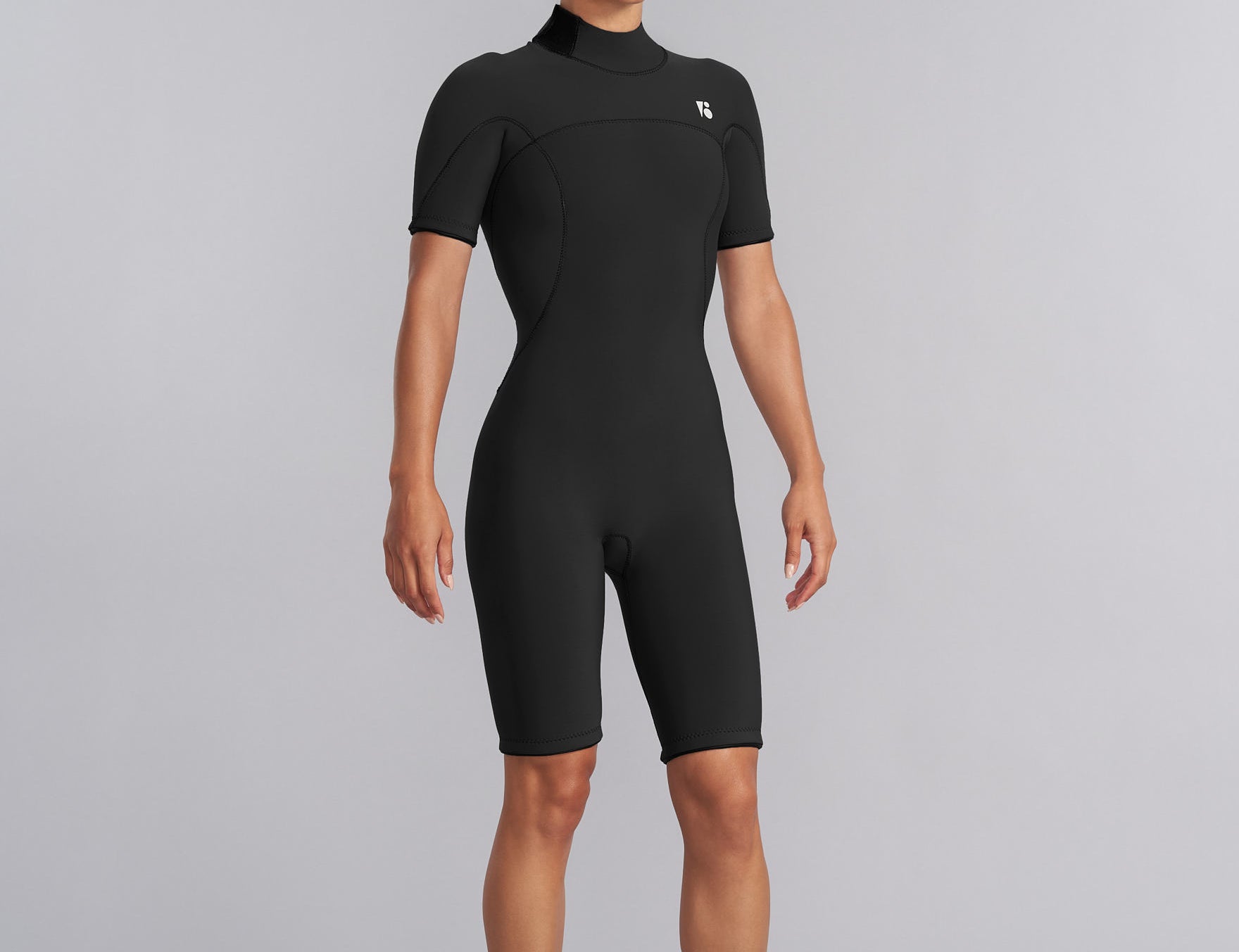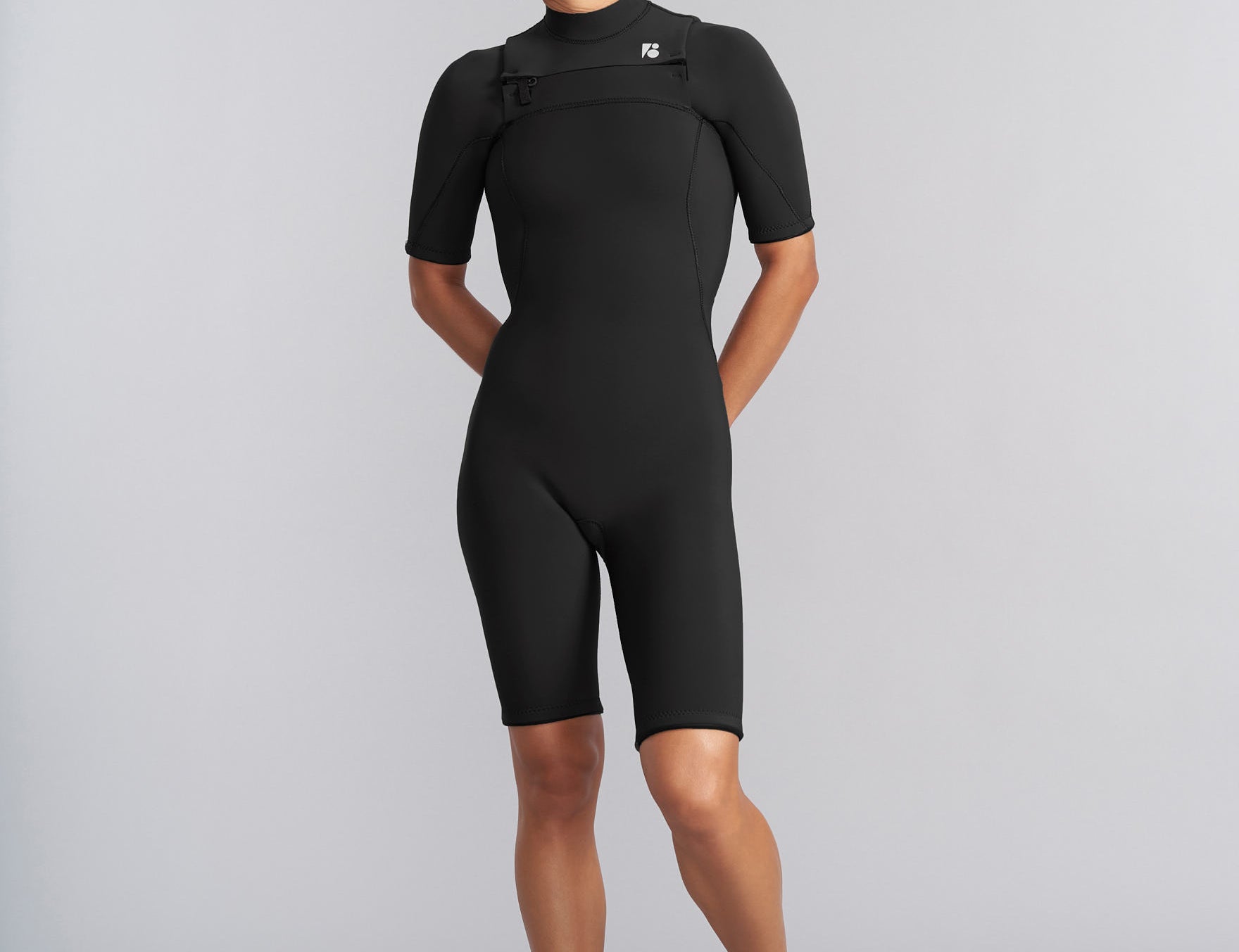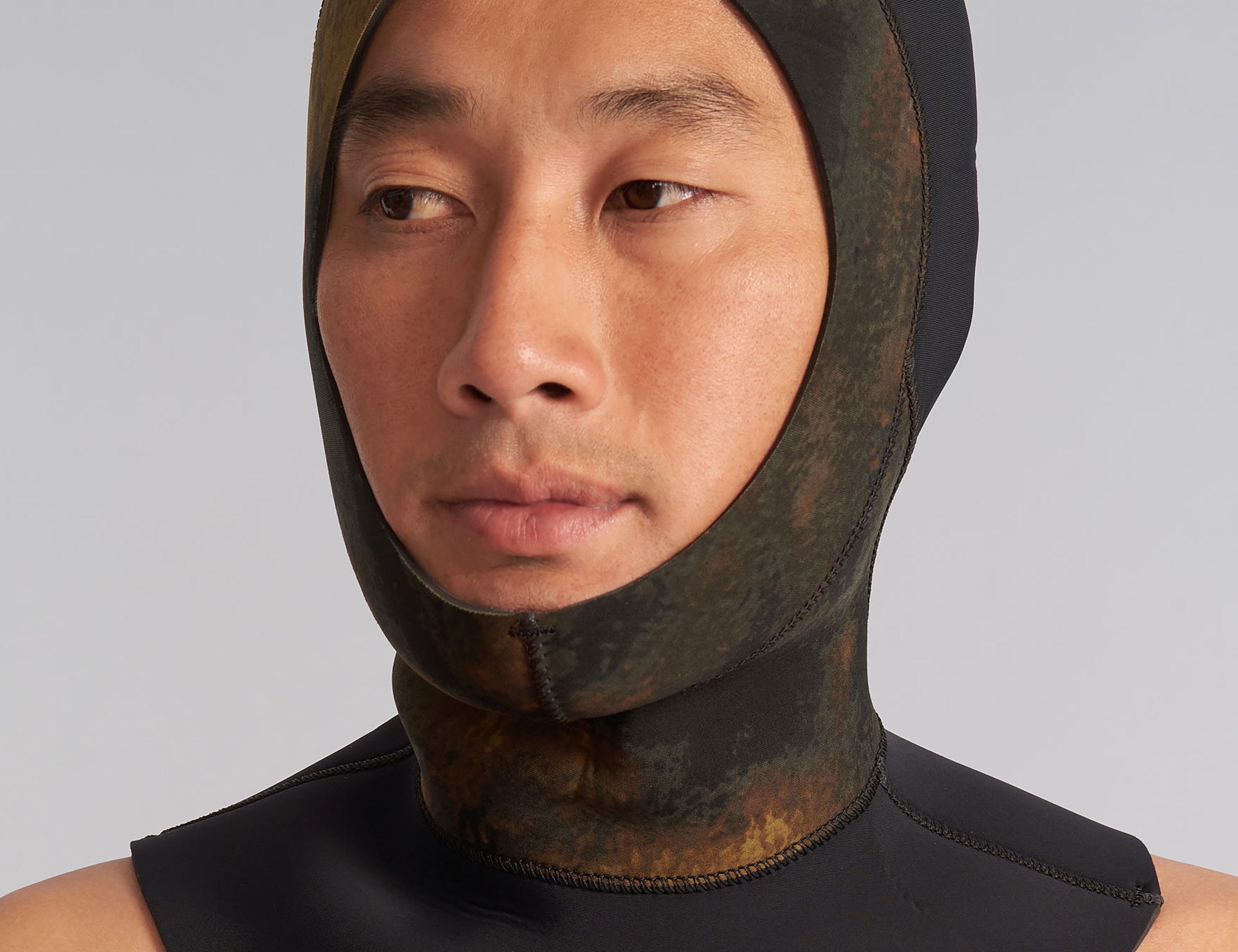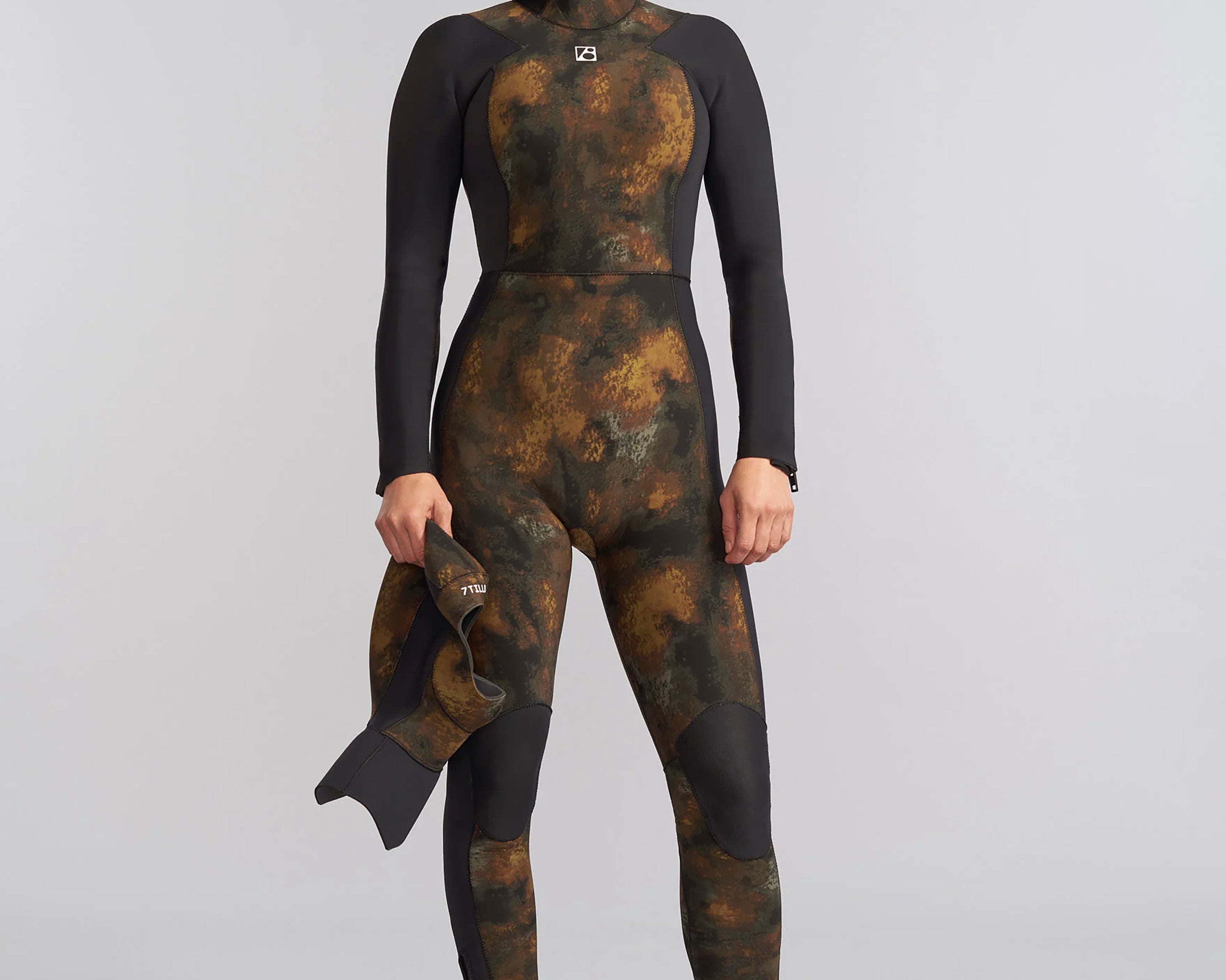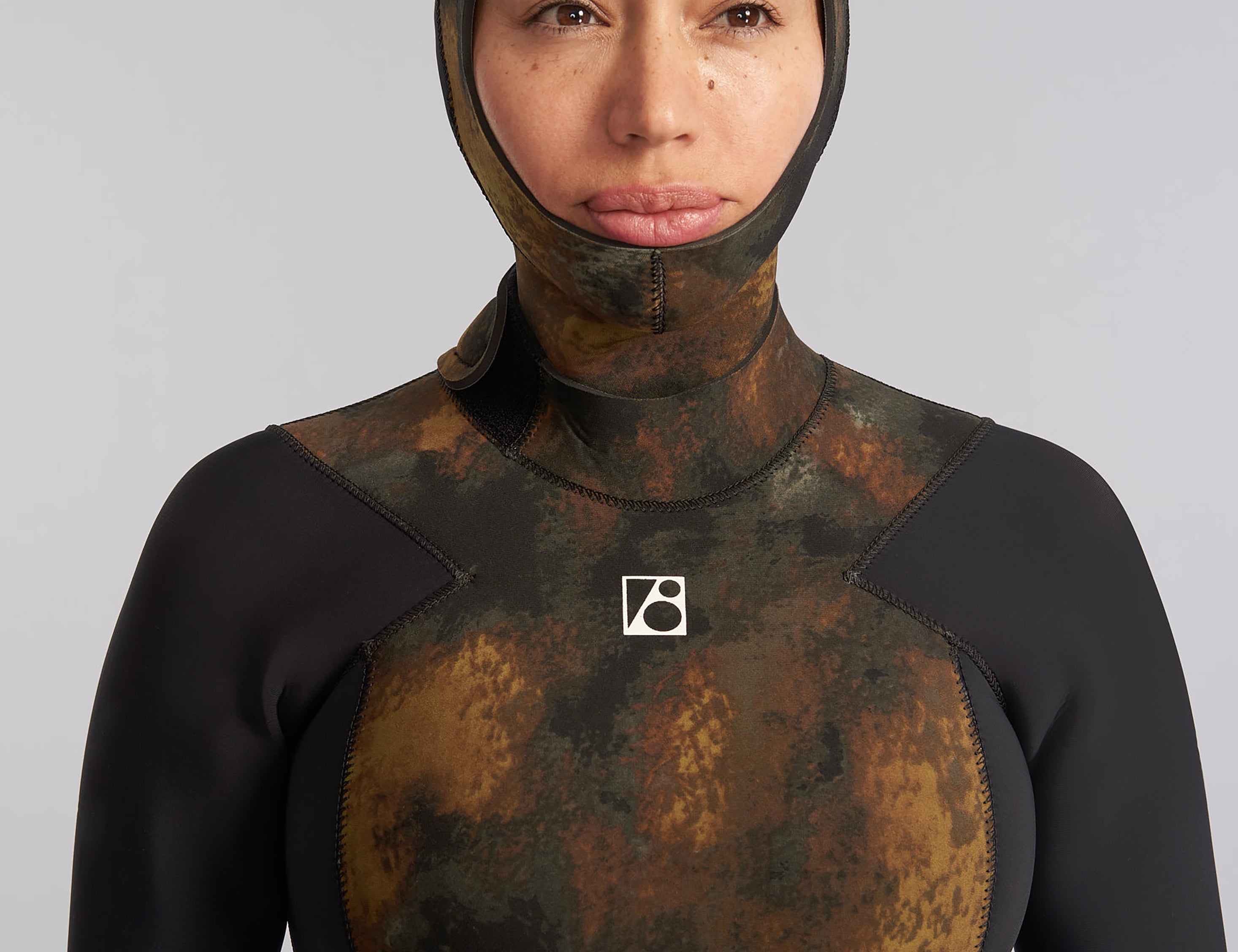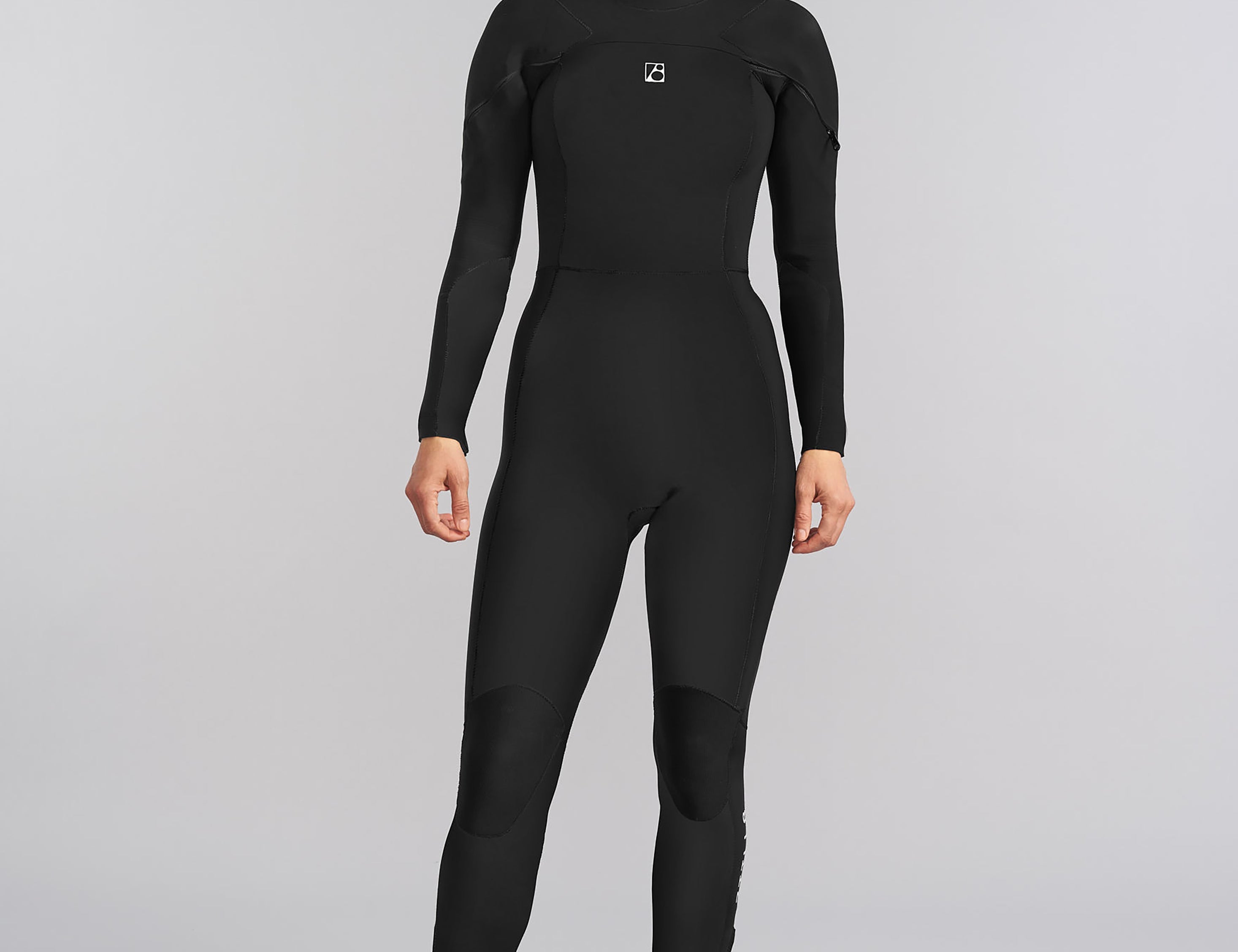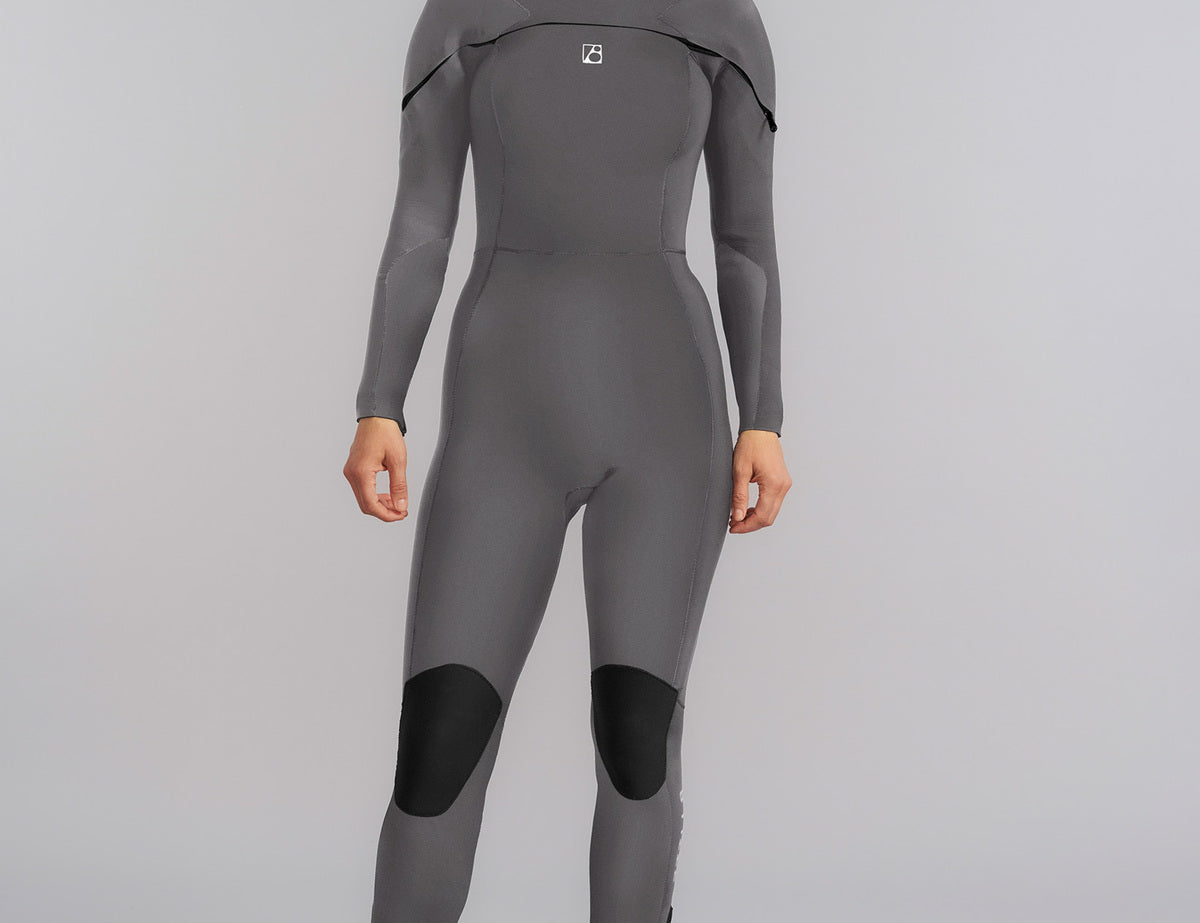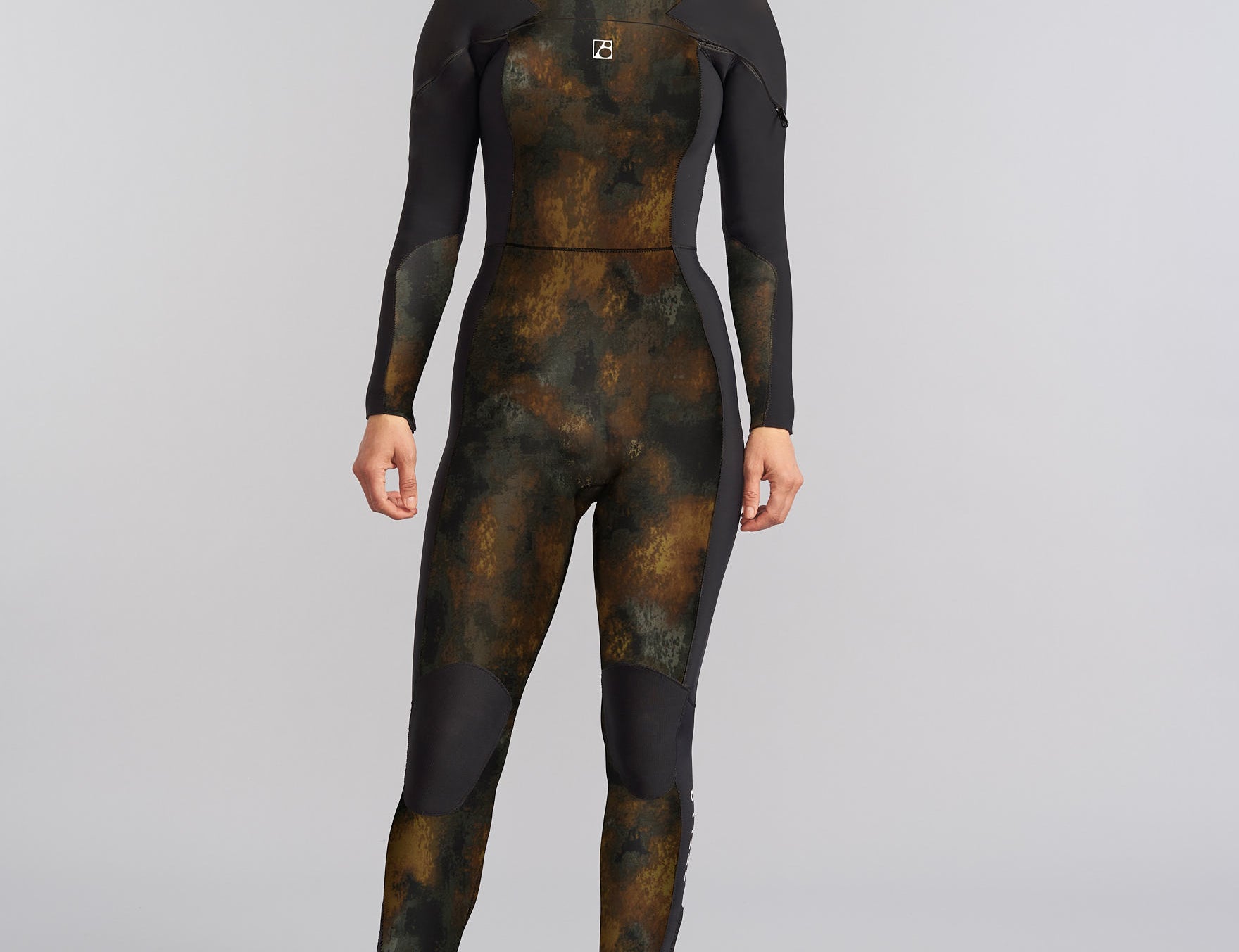By Todd Prodanovich
Hopping a plane to chase waves on the other side of the world can be the most fun experience in surfing—it might even be in the running for the most fun human experience, period. But it’s important to keep in mind that tourism, for waves or otherwise, is a messy business. It’s fun for the tourists, of course, and it’s often a boon for local economies, but its knock-on effects can include everything from increased inequality to environmental degradation and more. Whether we’re conscious of it or not, we do have an impact on the communities we visit for surf—so let’s explore the ways we can make that impact positive.
Culture and History 101
Google is your best friend when it comes to prepping for a far-flung surf adventure. As basic as it sounds, just starting with the history section of your destination’s Wikipedia page can be a decent overview. Who are the Indigenous people of the area and how long have they been stewards of the land? How has global trade affected the lives of working people there? Has the U.S. ever backed any coups in the area? Part of being a respectful traveler is learning some context for the situation you’re walking into, and while it’s probably not a good conversation starter to bring up historical trauma with the locals, it’s good to know that it’s there. A much better in with the local crew is to learn a thing or two about their culture. Figure out what the traditional meals are and order those. Ask how the local futbol club has been doing. Learn a few useful phrases in their language—sure, your accent will be atrocious, but an earnest effort makes a good impression.
Support Local
Before departure, set aside a good chunk of time to research where you can stay to ensure that you’re keeping your money within the local community. Most surfers already turn their noses at big international hotels and chain restaurants for being inauthentic experiences—but on top of being less interesting, they syphon some portion of your tourism dollars away from the community to faraway corporate motherships. Airbnbs may seem like the best call in terms of price and experience, but studies have found that Airbnbs drive up local housing markets, pricing out local residents in the process. Small, locally-owned hotels, surf camps or hostels are typically an option in most places that get surf tourists. Unfortunately, there’s no global online index of locally-owned accommodations, but poking around a surf camp or hotel’s website can usually give you a good idea of ownership, or you can ask them directly before you book. If you don’t mind spending a little extra coin, Lokal is a travel agency that will do this research for you (in addition to hunting down locally-owned accommodation, they can also search based on sustainability practices). Once you’re synched up with good, locally-owned accommodation, everything else typically becomes easier—your hosts can point you to the best locally-owned eats, drinks, etc.
Land Etiquette
Don’t ask if tipping is customary—if you can afford to fly to a forreign country, you can kick in 20 percent for the dude who brewed your delicious Sumatran dark roast. Especially in less wealthy countries, what amounts to pocket change for you can be significant for local service workers, so when in doubt, err on the generous side. For the same reason, don’t barter with local vendors for their goods. If you really want that kashmir blanket, you’ll be happy enough that you’re not paying the import cost—besides, it’s gonna be awkward when you open your wallet to pay and they see that you didn’t really “only have five bucks”.
Surf Etiquette
All the basic rules that you follow at your home break still apply, but it’s good to exercise a little more patience and humility abroad. In a lot of well-known destinations, local crews will paddle circles around visitors, claiming all the best waves for themselves. And while that’s certainly not ideal for you, don’t get too worked up about it. As mentioned earlier, surf tourism can be a messy business—socially, economically, environmentally—and you have no idea what kind of baggage it’s saddled local surfers with. Besides, yelling at, or burning local surfers abroad has literally never ended well. Not even once in the entire history of surf travel. You’re much better off giving a smile and a wave, enjoying the still-much-better-than-your-home-break in-betweeners, and buying the most-respected shredder a beer at the bar later for better odds tomorrow. Also, getting caught picking up a piece of trash on your way in goes way further than you’d think in a lot of places.
Support Community-Led Organizations
For awesomely-considerate-tourist bonus points, you can always donate a little time or money to a nonprofit doing good work within the community you’re visiting. But unless you have a highly-specialized skill—say, dentistry or pediatric surgery—local orgs can probably do a lot more good with your money than your time, paying local labor to continue the work long after you have to catch your return flight. Sites like GlobalGiving, which connects international donors to community-led nonprofits on the ground, are a great starting point for research—although your local hosts will likely have valuable insights as well.
---
Todd Prodanovich is the former editor-in-chief of Surfer magazine, where he spent a decade covering far-flung surf zones, social justice in the surf community, environmental movements and much more. He is a co-founder of Rock Paper Creative, a creative agency conveniently based near all his favorite waves in San Diego, CA.











